The Supreme Court criticized the Central Government on Wednesday, pointing to the widespread stubble burning in neighboring states, which is worsening Delhi's air pollution. The court accused the government of weakening the Environmental Protection Act through amendments, making it ineffective. Additional Solicitor General (ASG) Aishwarya Bhati, representing the Centre, assured the court that the rules would be finalized within 10 days, and the Act would become "fully operational."
The court expressed its frustration, saying, "We will hold the Union of India accountable... it hasn't set up any proper system. The Environmental Protection Act has lost its power. Punishments were replaced with penalties by amending Section 15, and the procedure to impose those penalties is not even clear."
The ASG responded by saying that notices had been issued to the environment and agriculture secretaries of Punjab and Haryana, and the Act's provisions would be fully enforced within 10 days.
The Supreme Court also criticized the political handling of the issue, stating, "If the governments and the Centre were serious about protecting the environment, they would have acted before amending Section 15. This is all politics."
As Delhi's air quality worsened, with some areas reaching the "severe" level of pollution, the court also directed its attention to Punjab and Haryana. The court dismissed the efforts of these states to stop stubble burning as "just for show." It pointed out that despite a ban, no one had been prosecuted in Punjab for violating the ban on stubble burning.
The court scolded Punjab's chief secretary for making false claims about requesting funds for farmers to get tractors and diesel to prevent crop burning. The court warned, "We will issue contempt orders. We are not letting this go."
In response, Punjab's advocate, Abhishek Singhvi, promised the court that stricter actions would be taken going forward.
The Supreme Court criticized the Central Government on Wednesday, pointing to the widespread stubble burning in neighboring states, which is worsening Delhi's air pollution. The court accused the government of weakening the Environmental Protection Act through amendments, making it ineffective. Additional Solicitor General (ASG) Aishwarya Bhati, representing the Centre, assured the court that the rules would be finalized within 10 days, and the Act would become "fully operational."
The court expressed its frustration, saying, "We will hold the Union of India accountable... it hasn't set up any proper system. The Environmental Protection Act has lost its power. Punishments were replaced with penalties by amending Section 15, and the procedure to impose those penalties is not even clear."
The ASG responded by saying that notices had been issued to the environment and agriculture secretaries of Punjab and Haryana, and the Act's provisions would be fully enforced within 10 days.
The Supreme Court also criticized the political handling of the issue, stating, "If the governments and the Centre were serious about protecting the environment, they would have acted before amending Section 15. This is all politics."
As Delhi's air quality worsened, with some areas reaching the "severe" level of pollution, the court also directed its attention to Punjab and Haryana. The court dismissed the efforts of these states to stop stubble burning as "just for show." It pointed out that despite a ban, no one had been prosecuted in Punjab for violating the ban on stubble burning.
The court scolded Punjab's chief secretary for making false claims about requesting funds for farmers to get tractors and diesel to prevent crop burning. The court warned, "We will issue contempt orders. We are not letting this go."
In response, Punjab's advocate, Abhishek Singhvi, promised the court that stricter actions would be taken going forward.
- Tags:
- Latest news

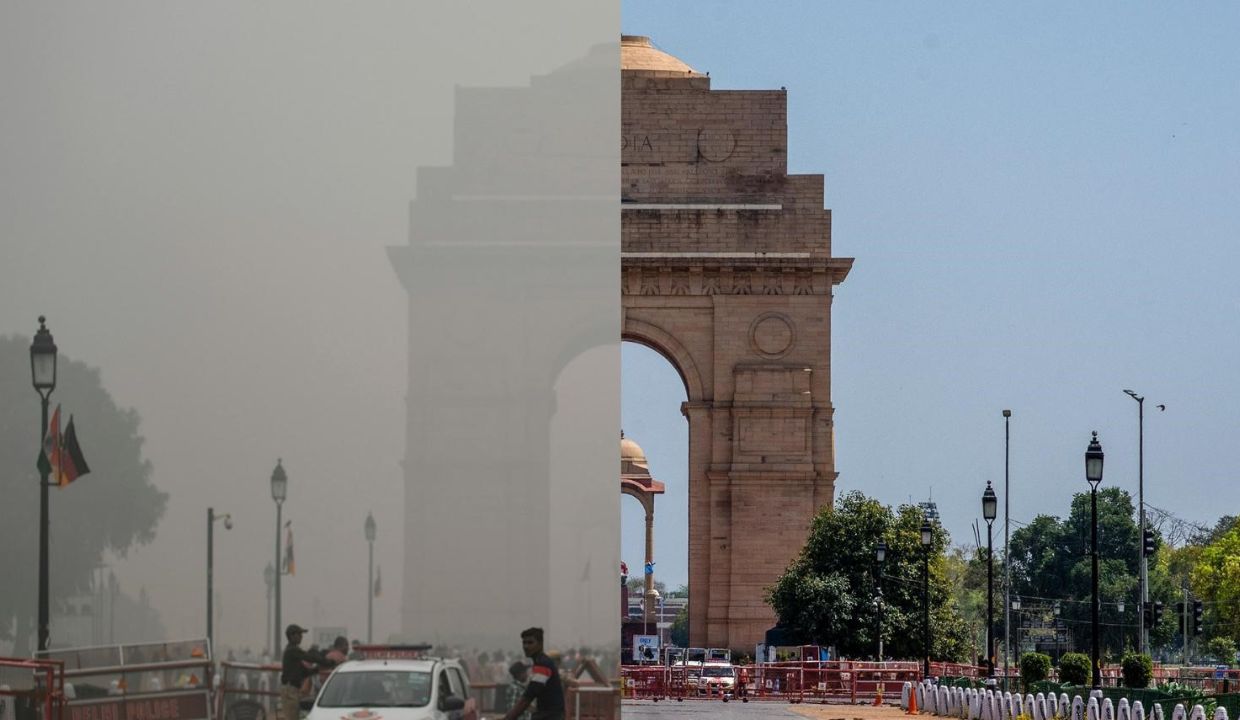

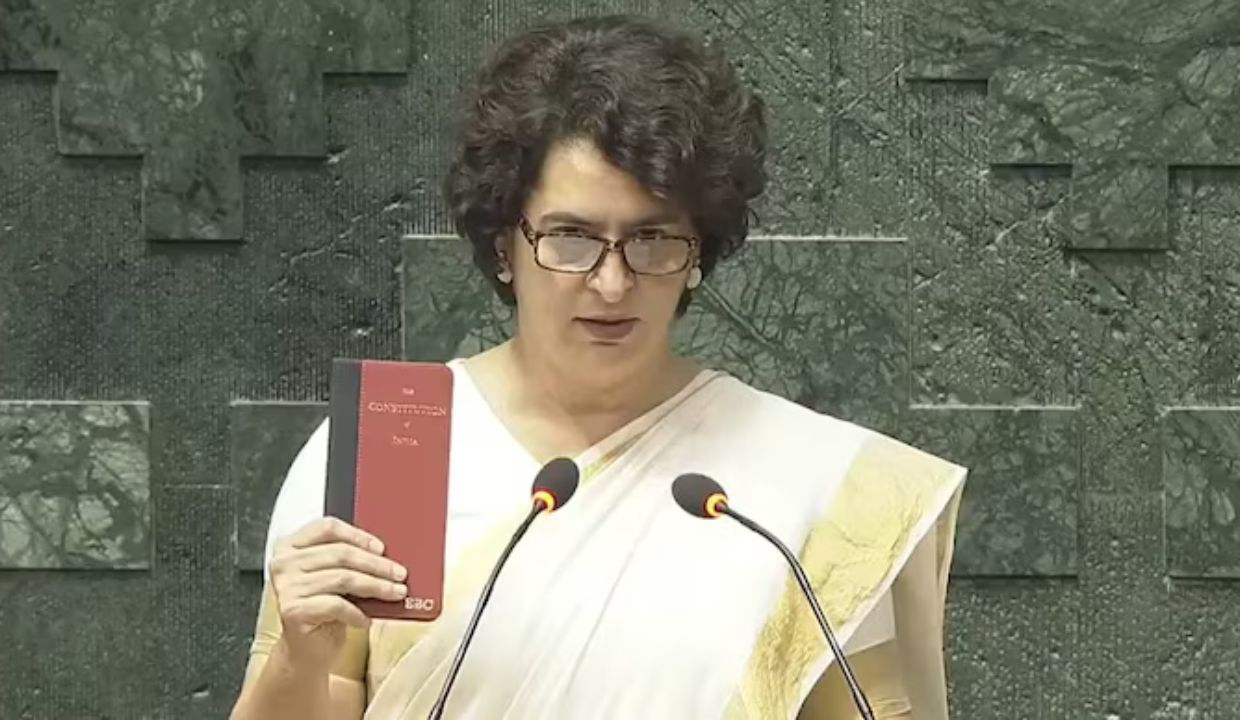
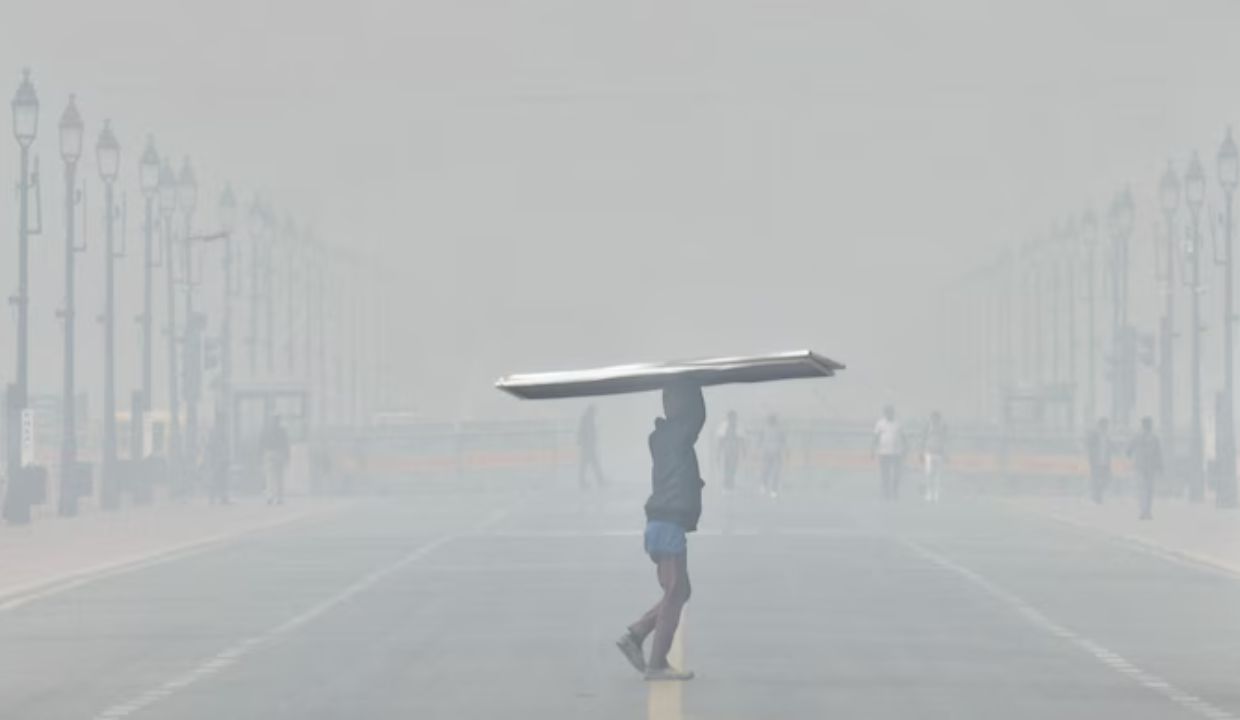











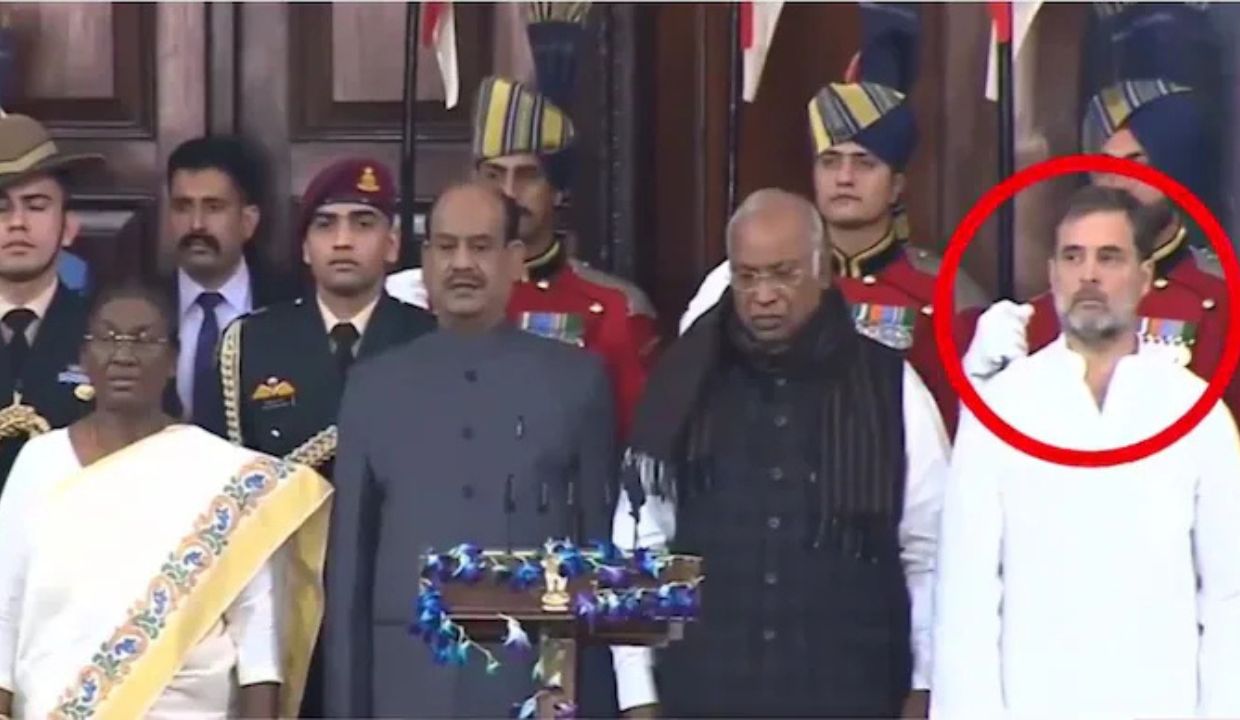



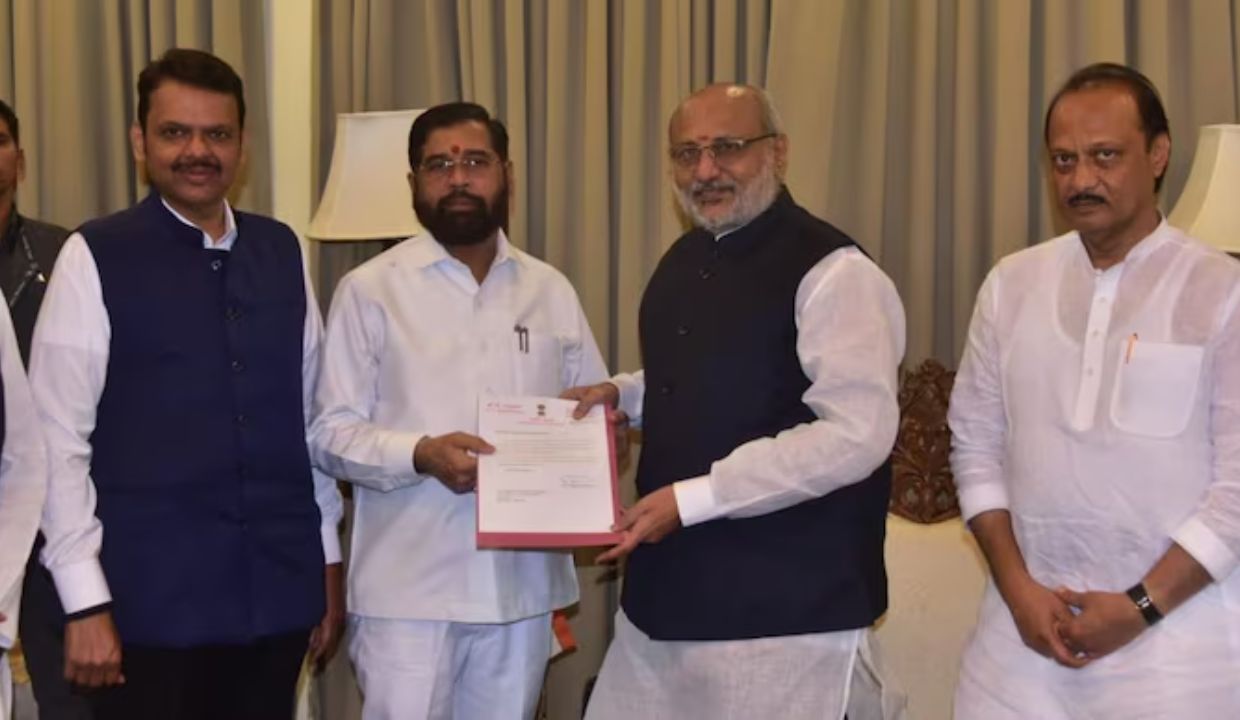








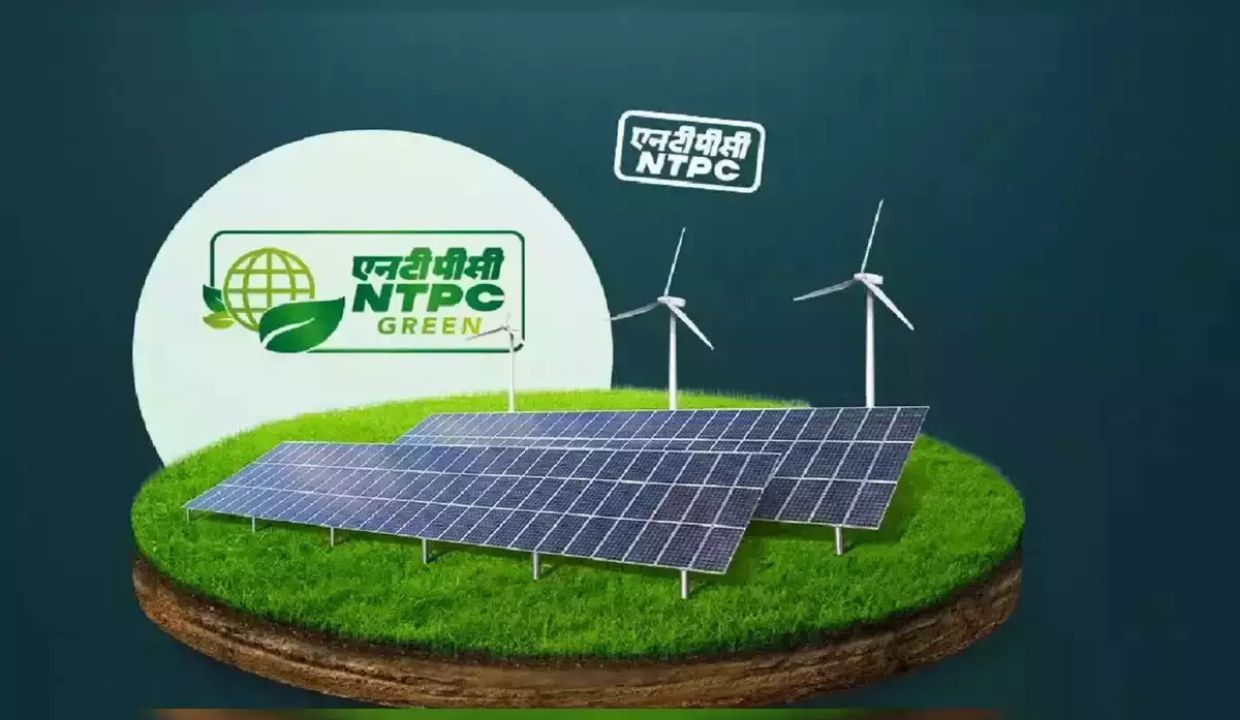




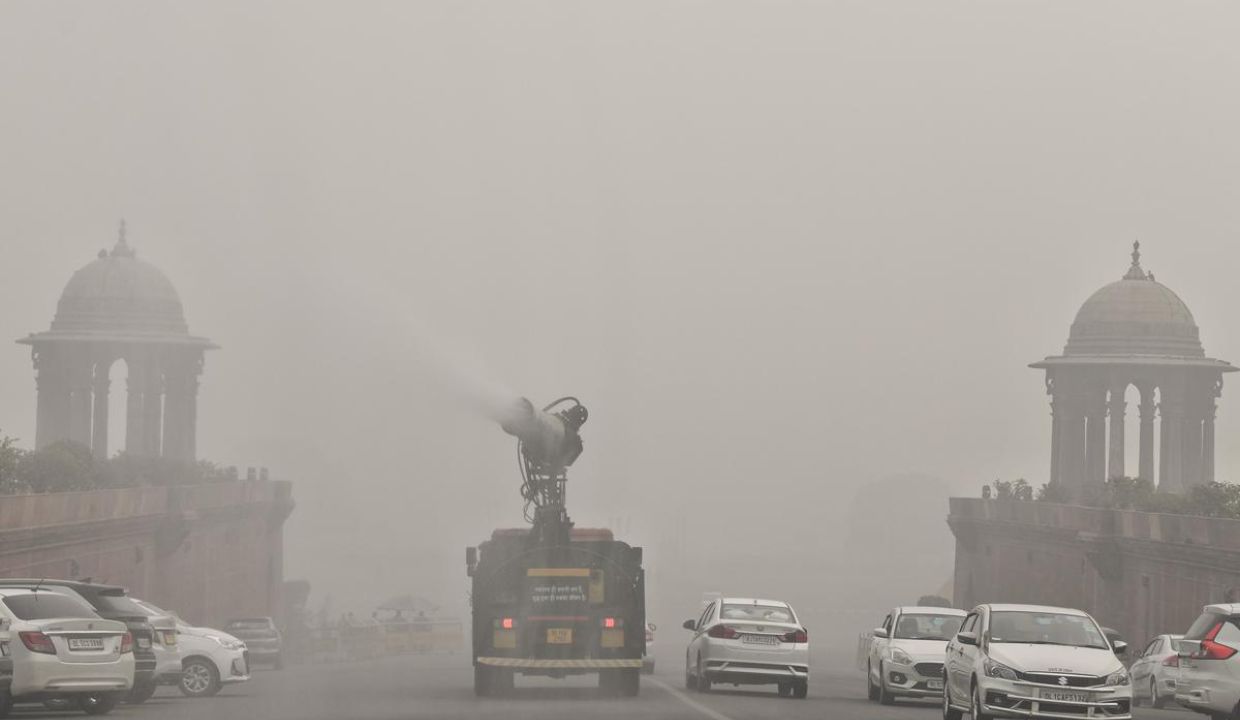


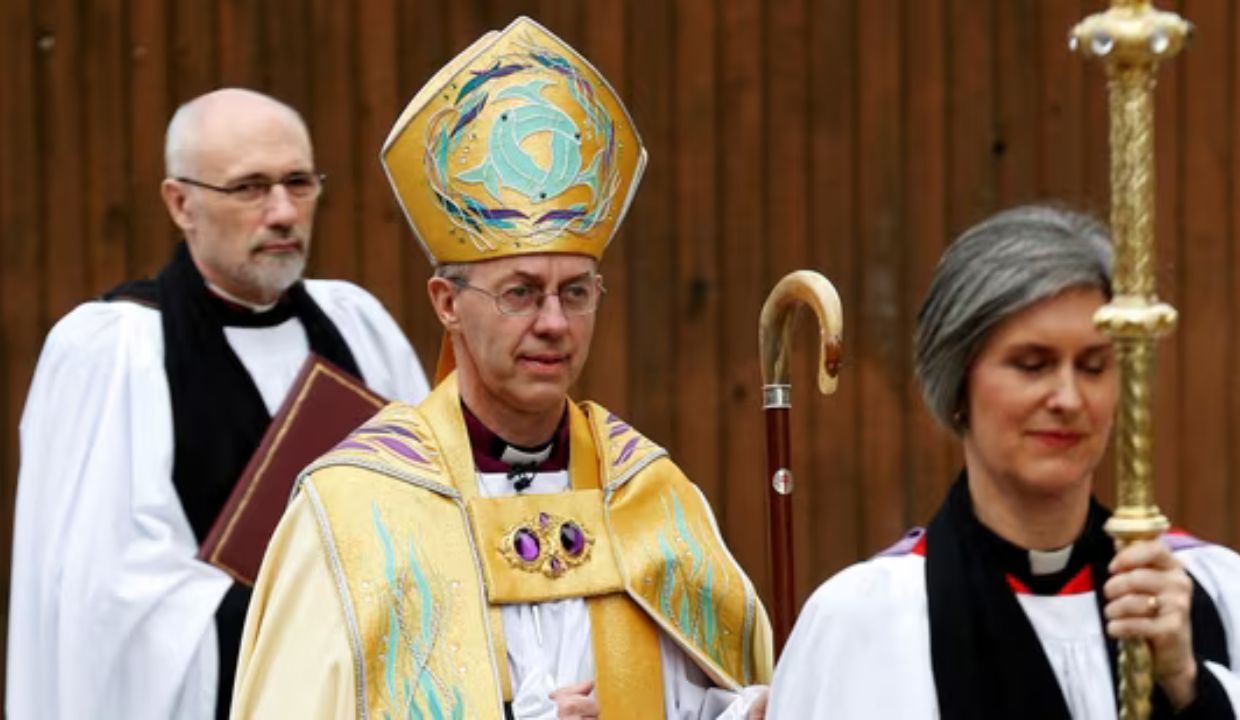








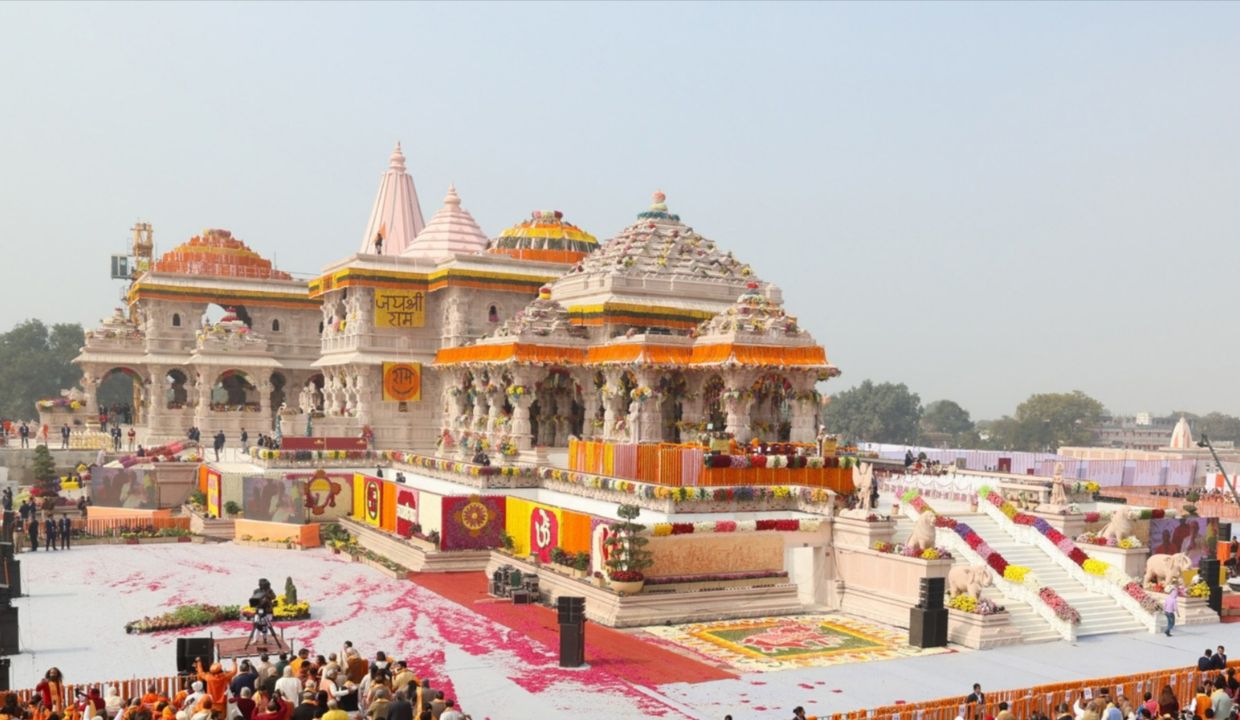





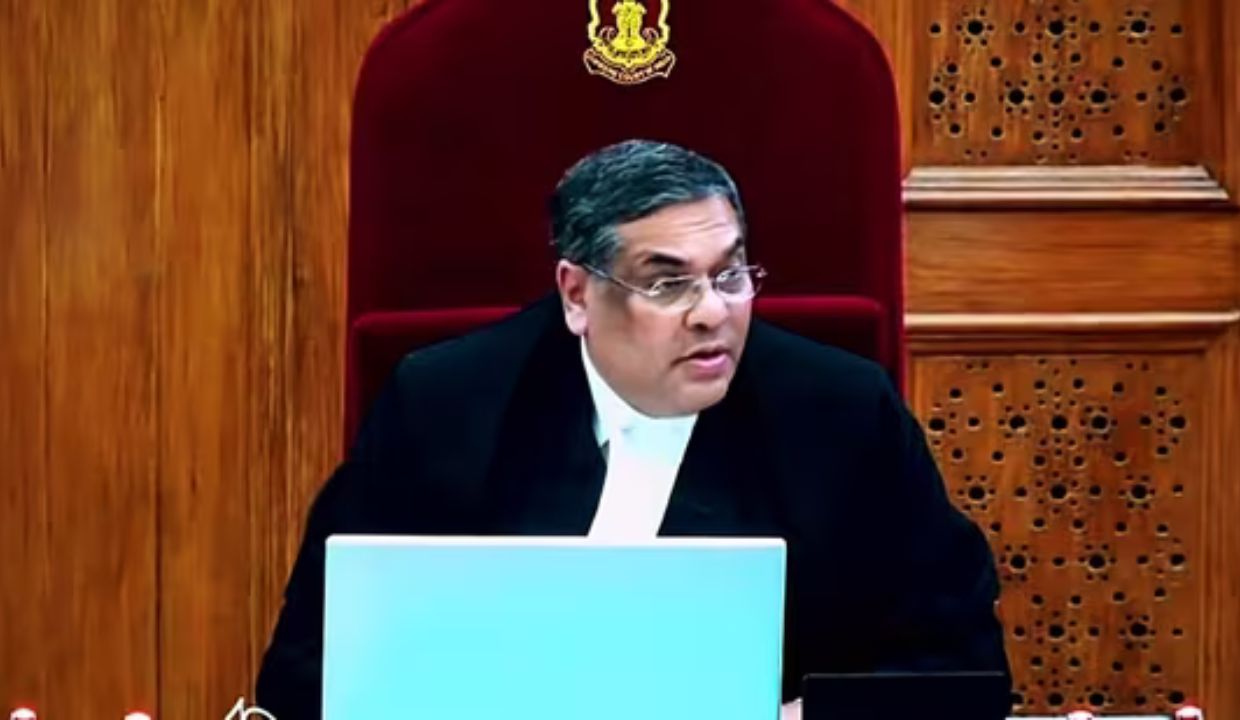

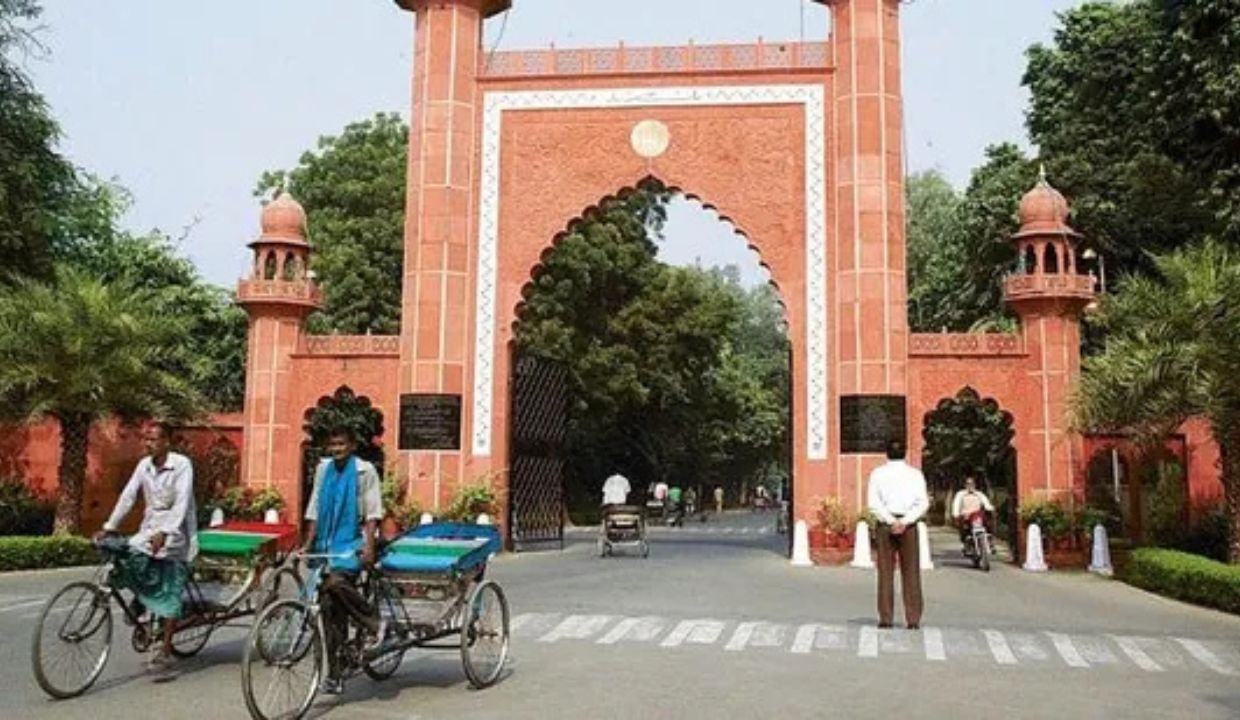



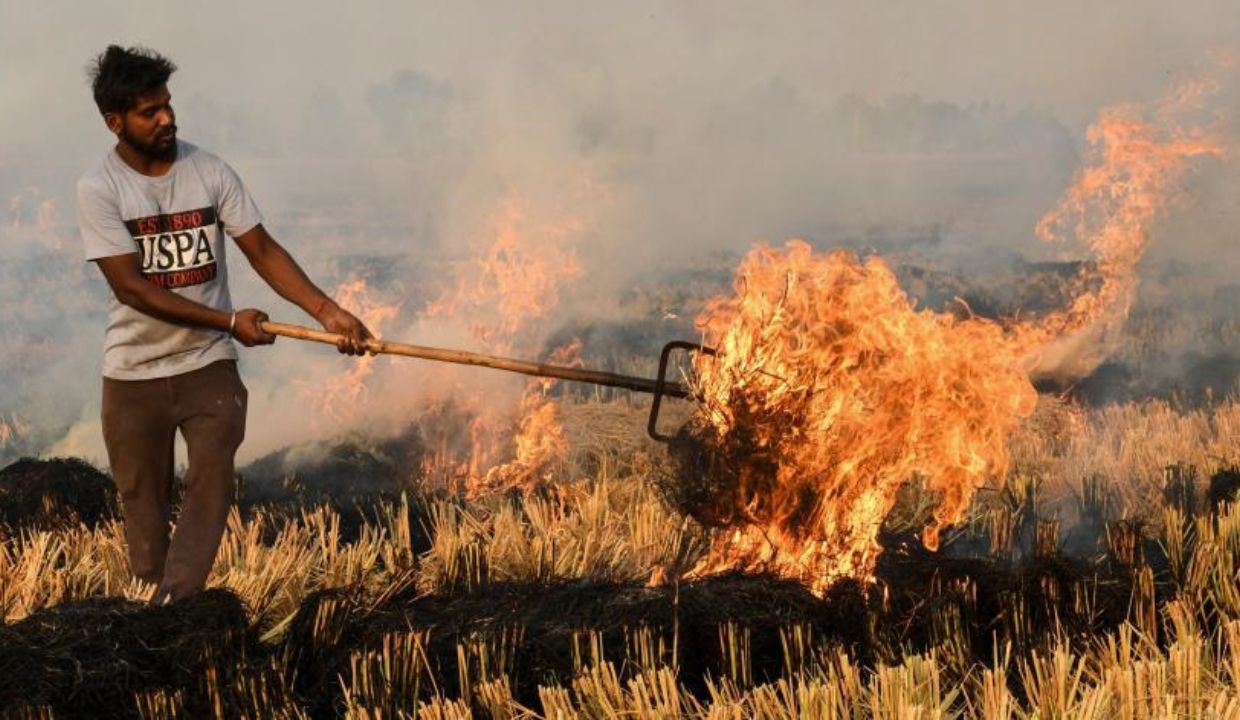
















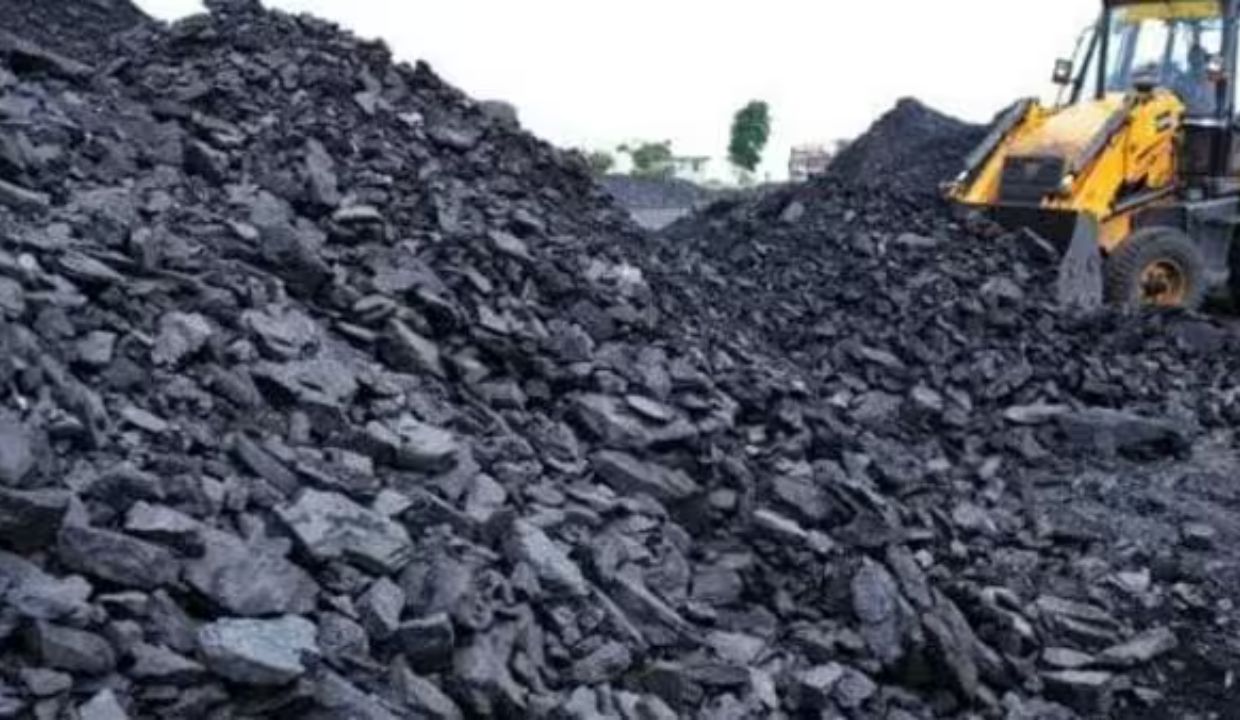

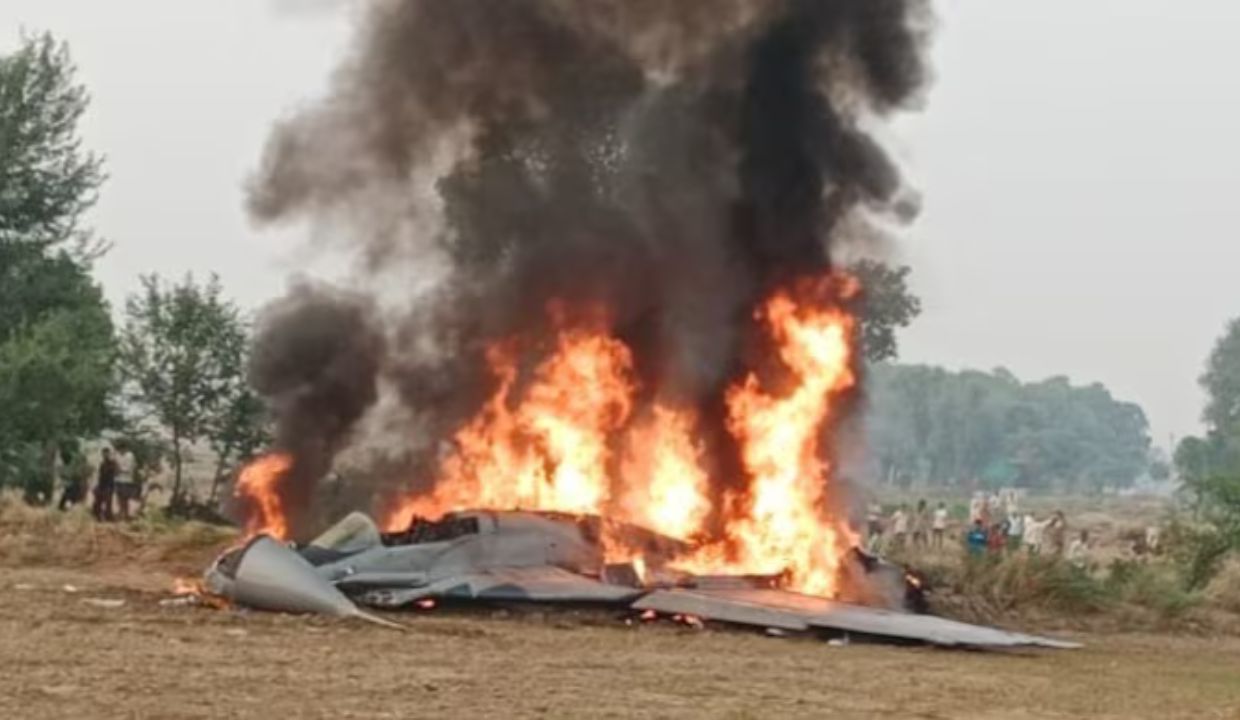








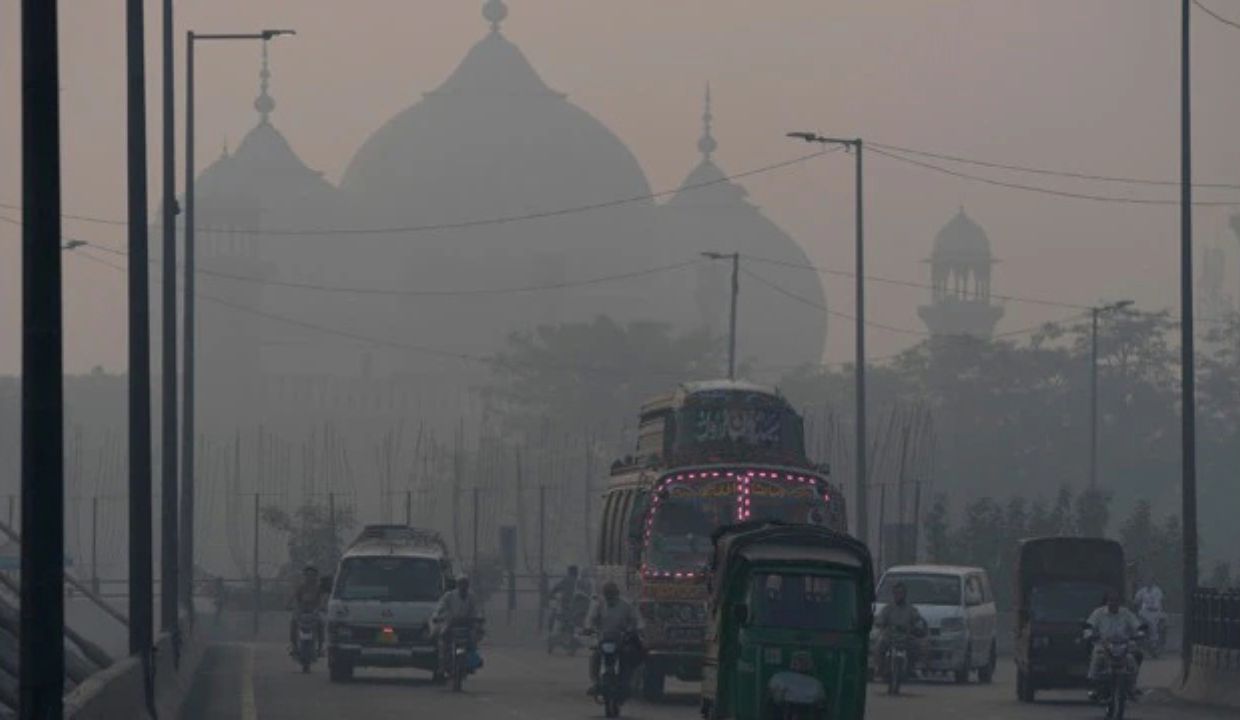

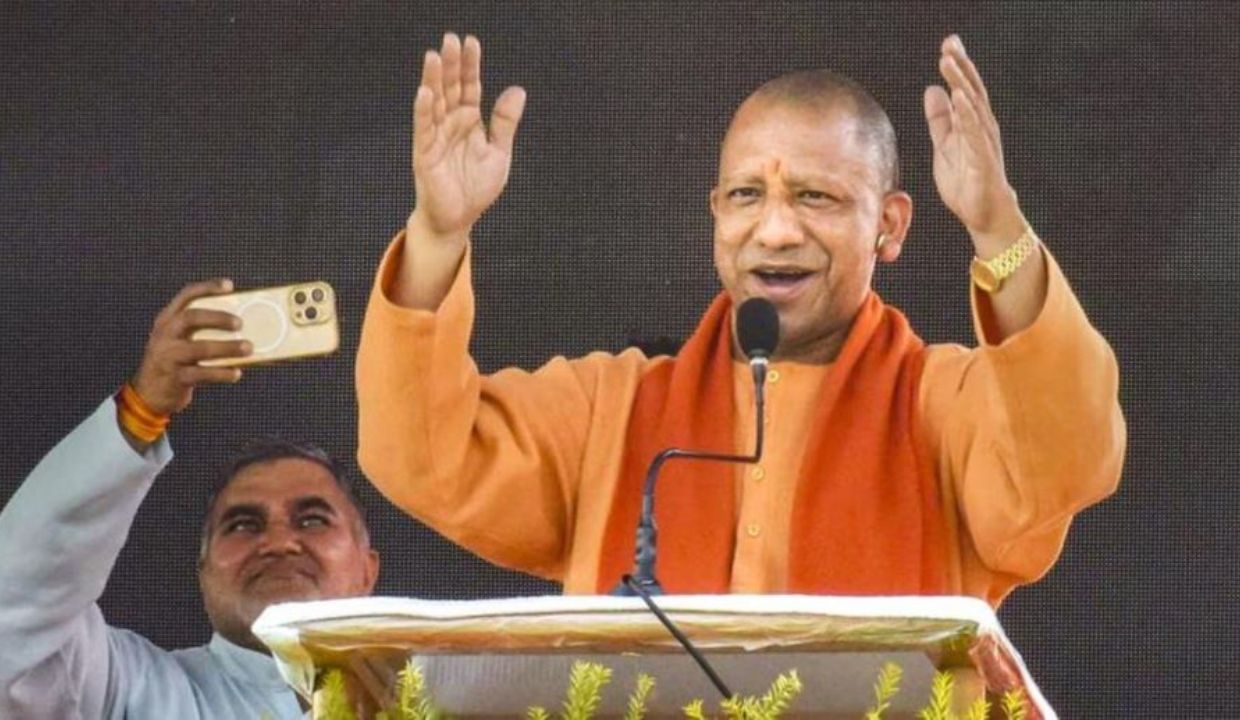








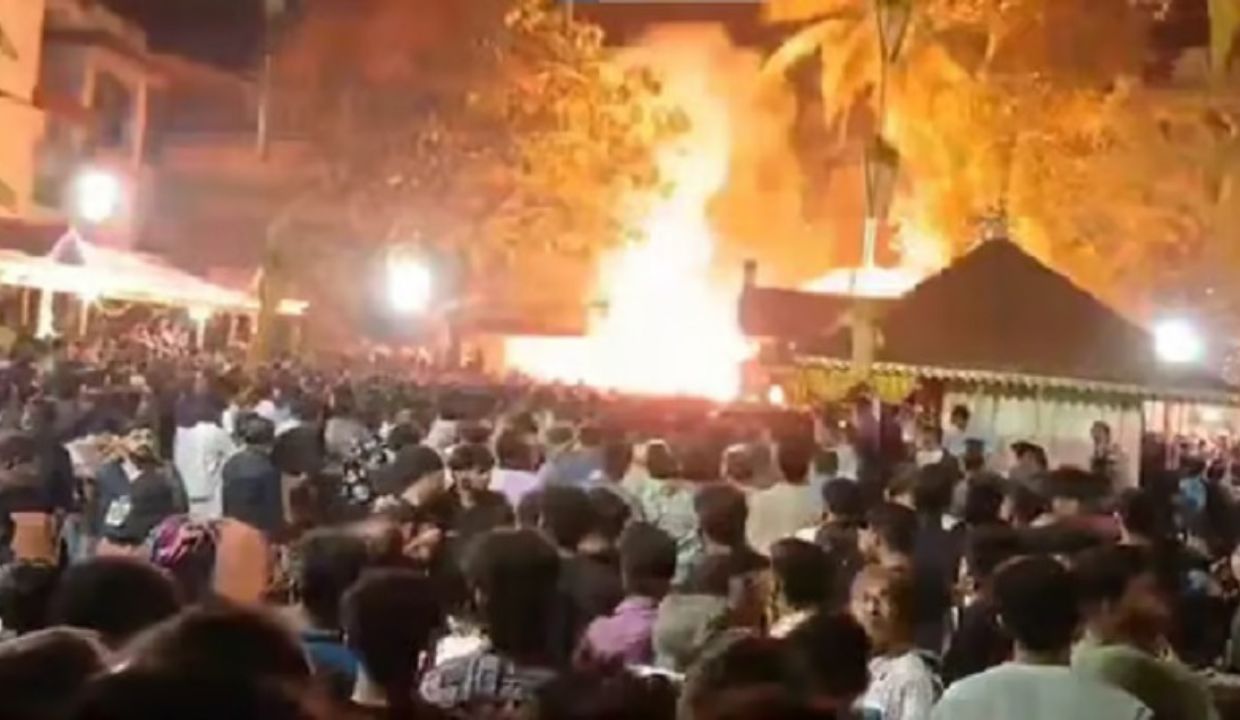






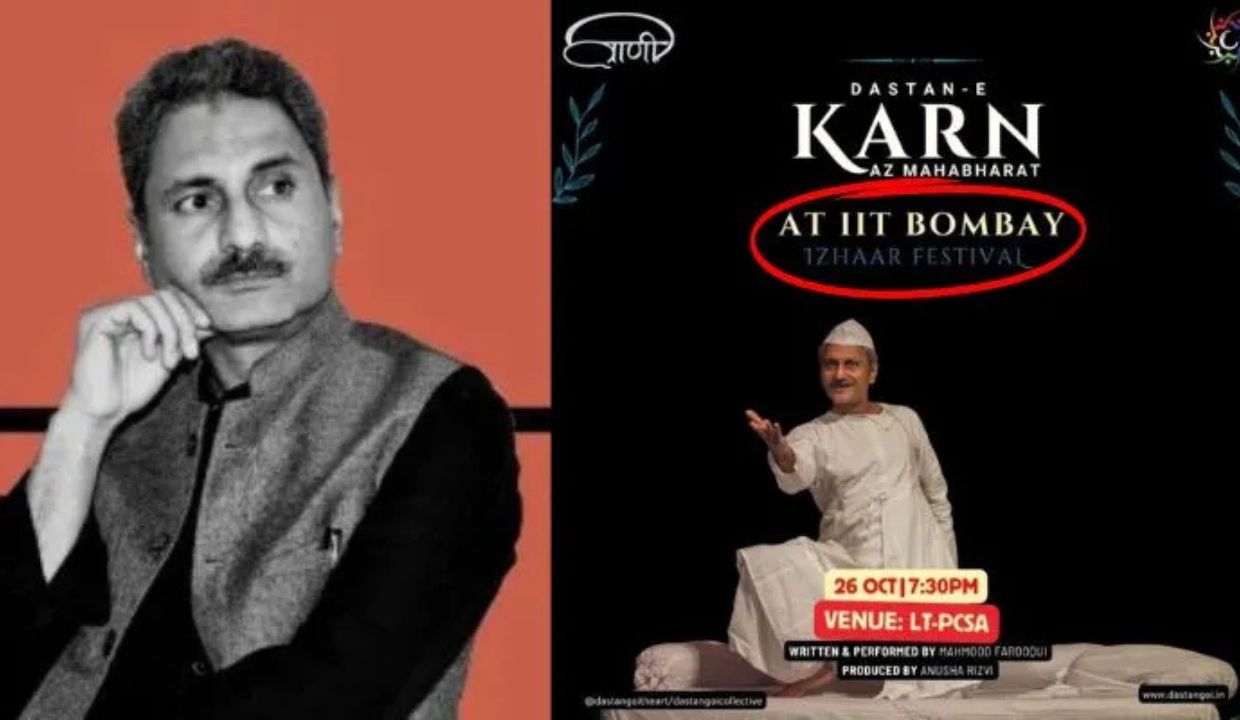



























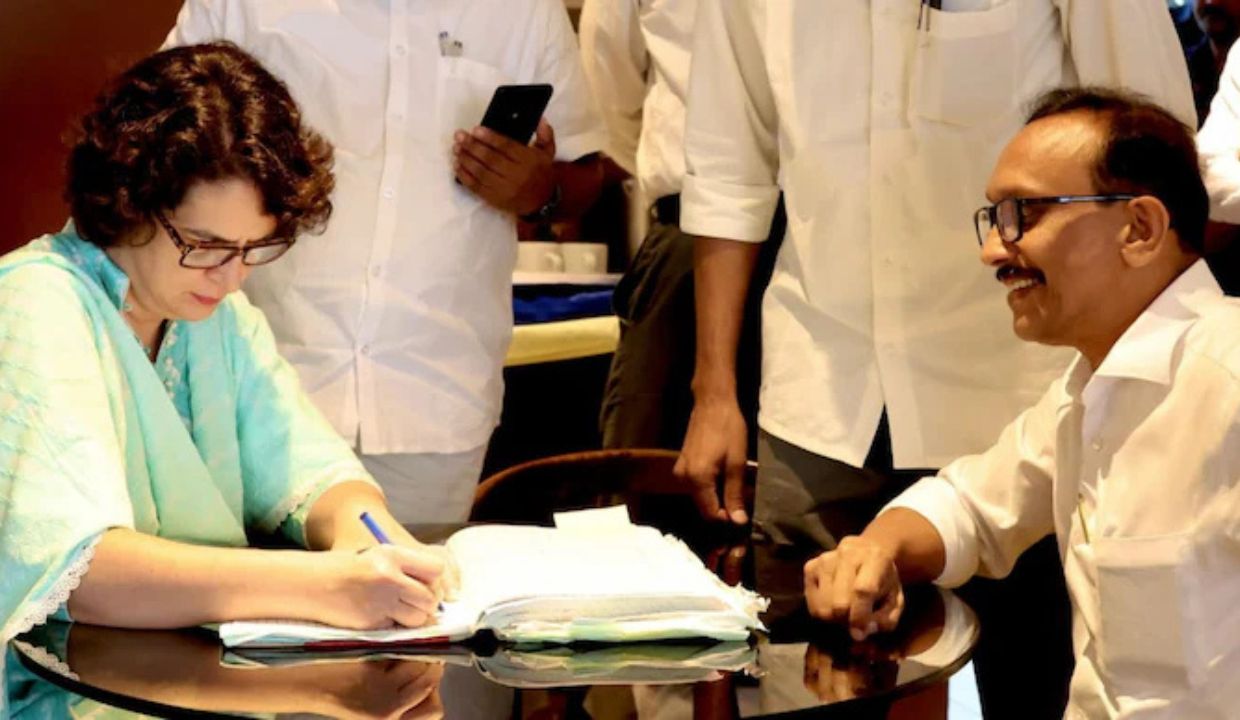















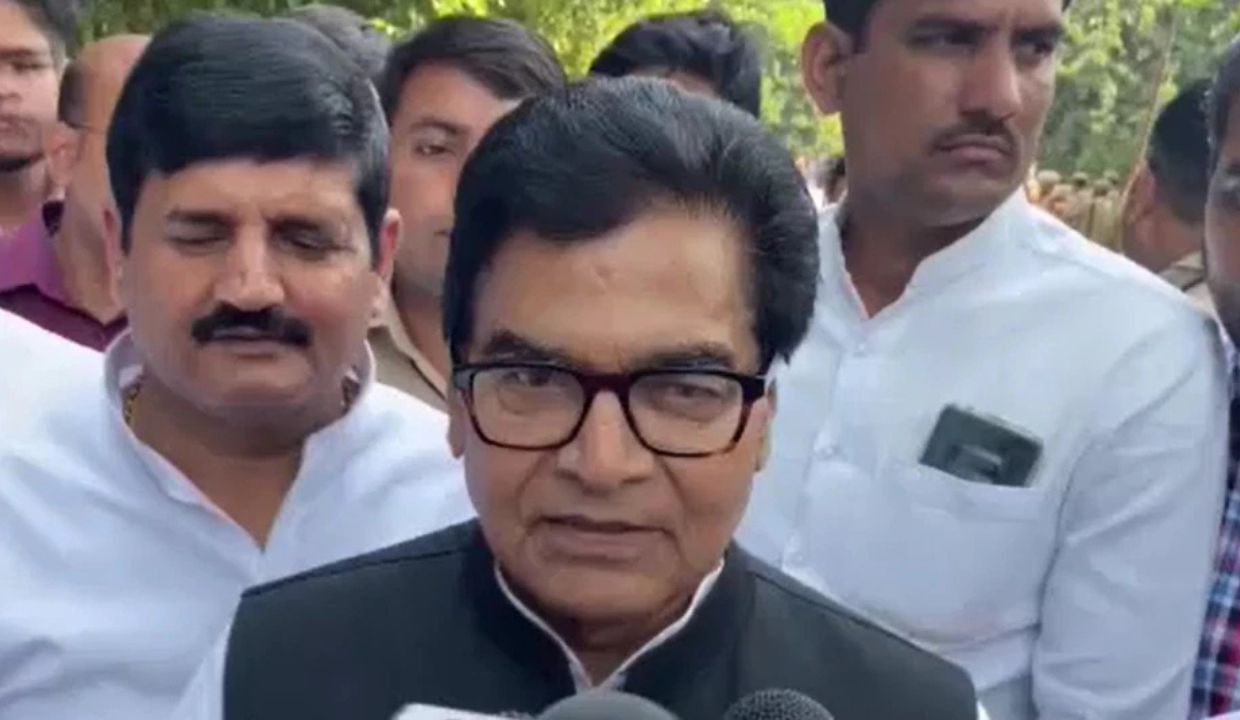


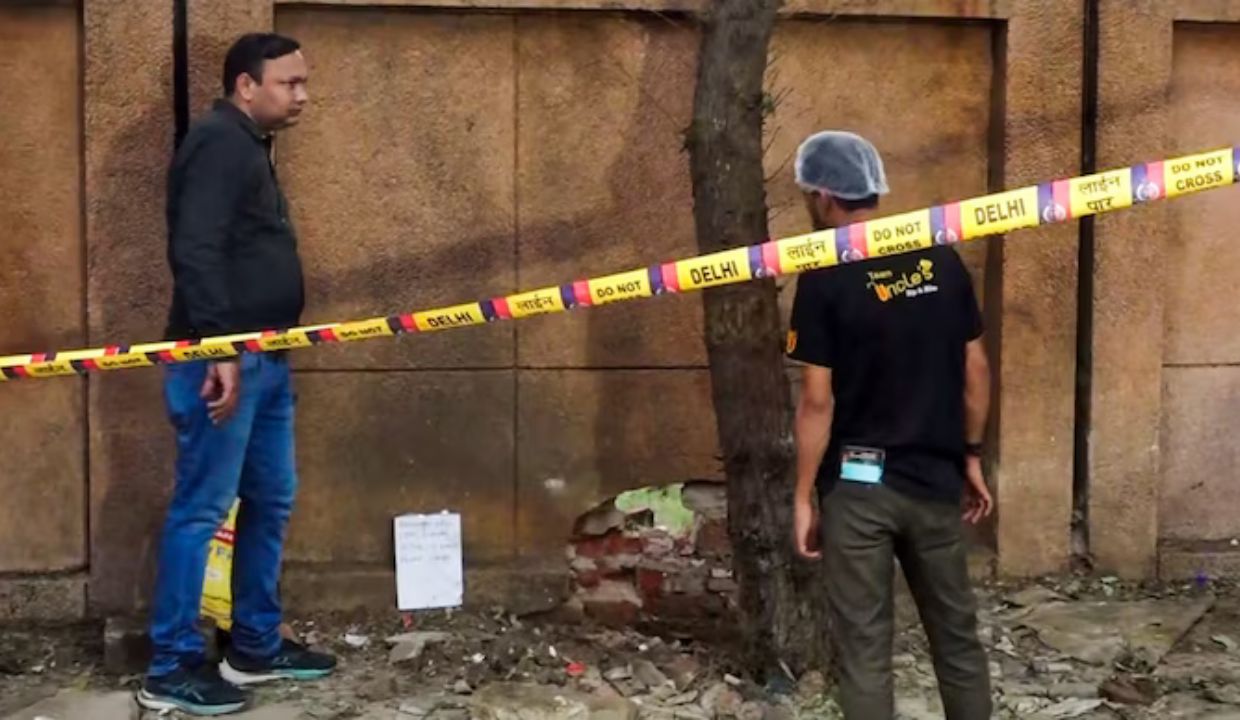







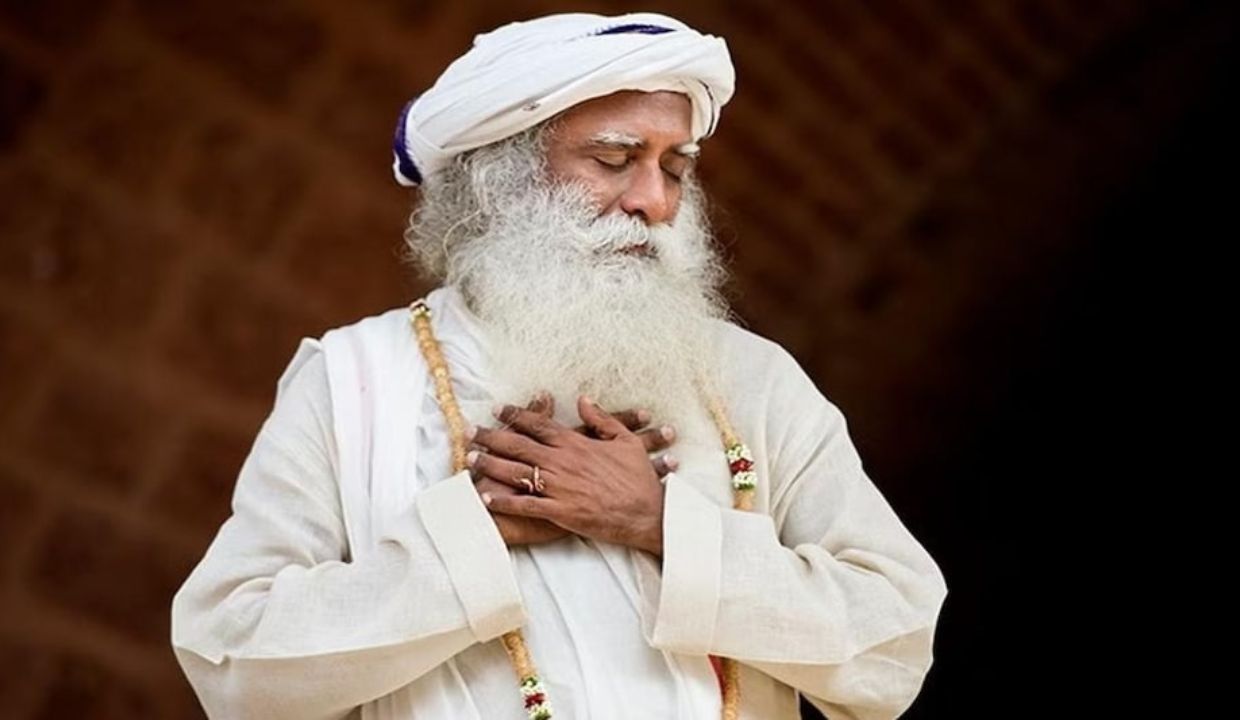





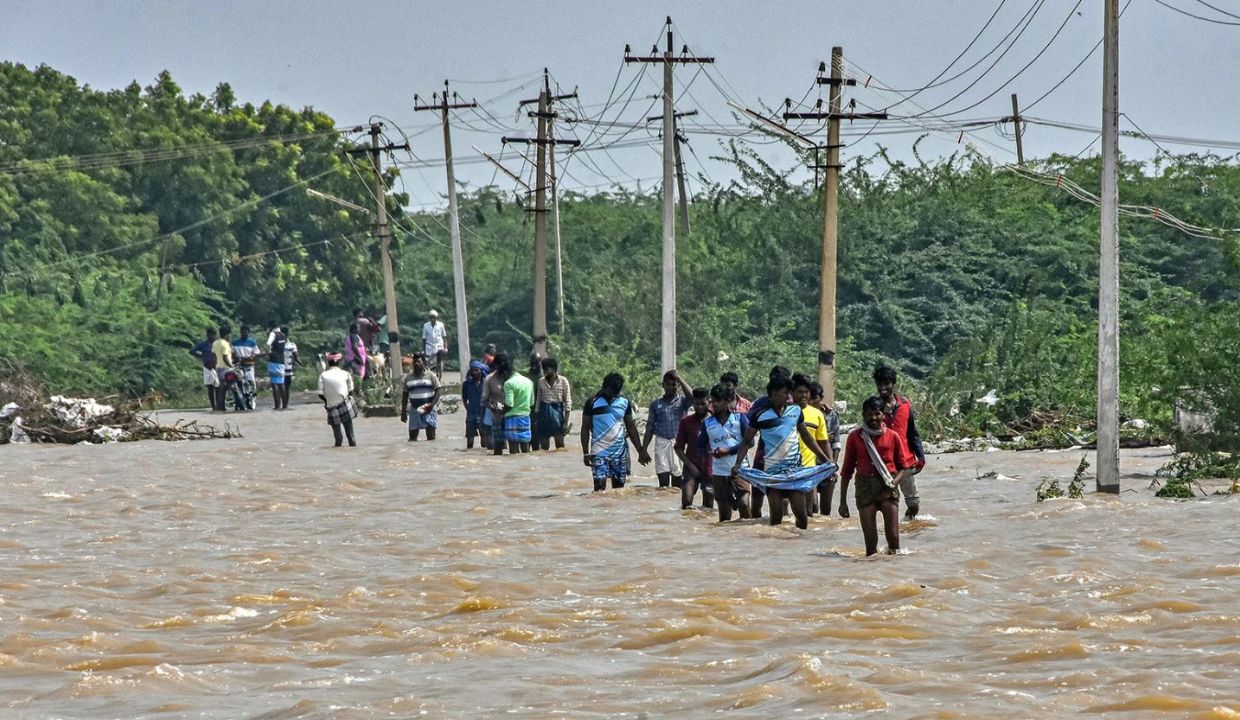




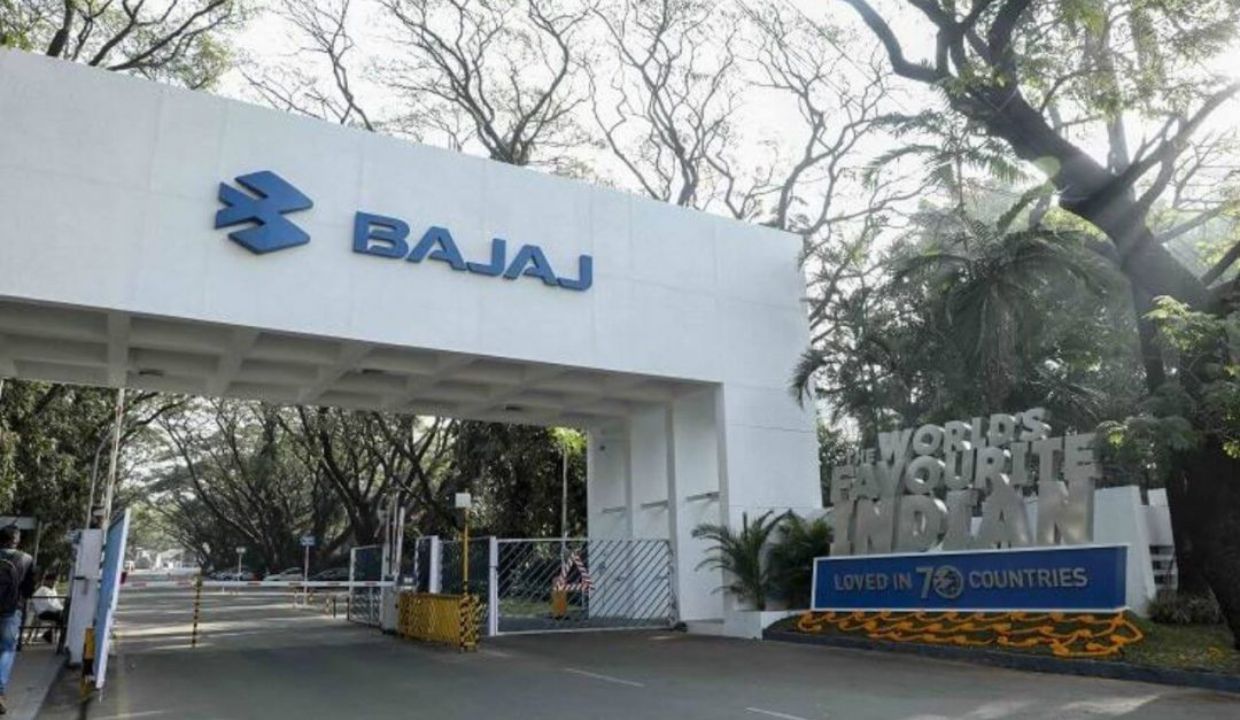

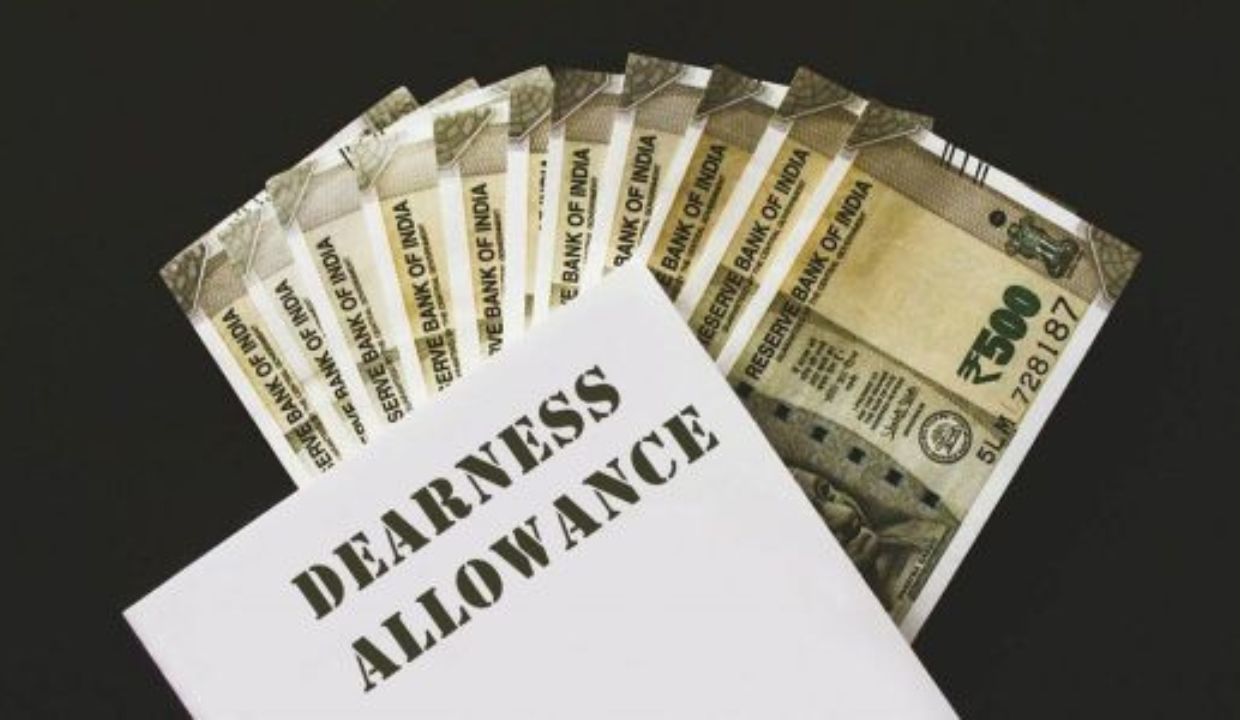



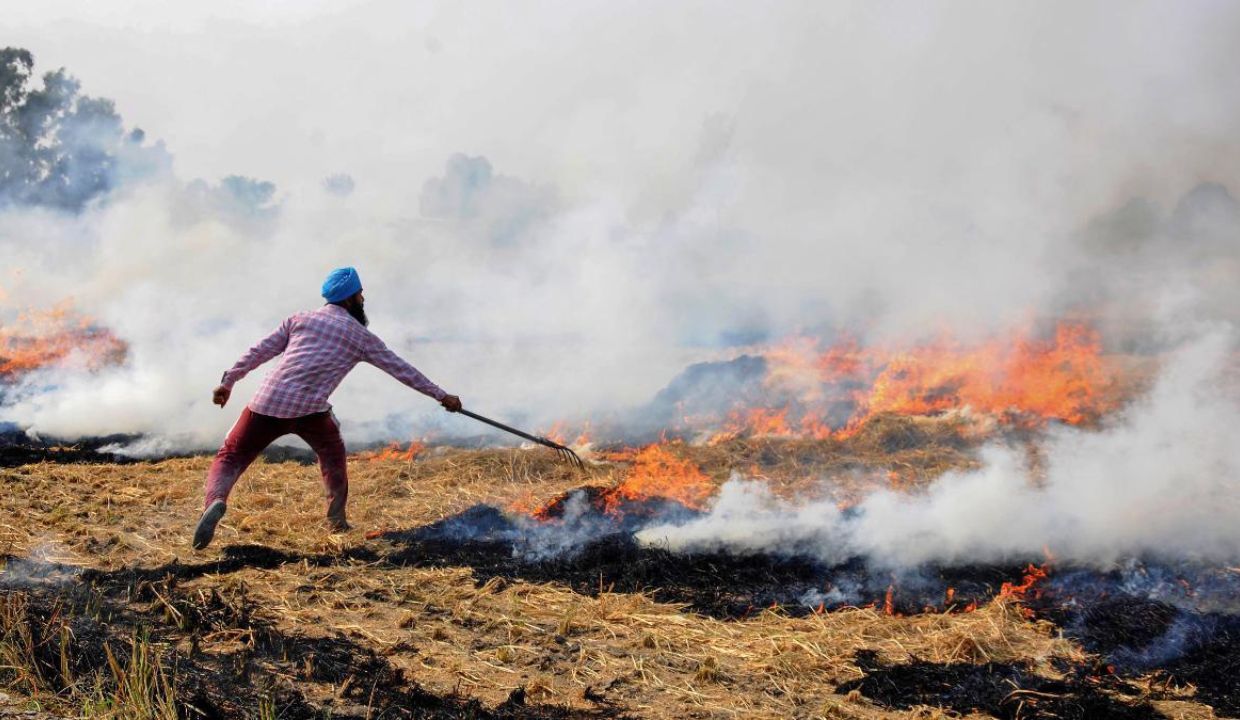





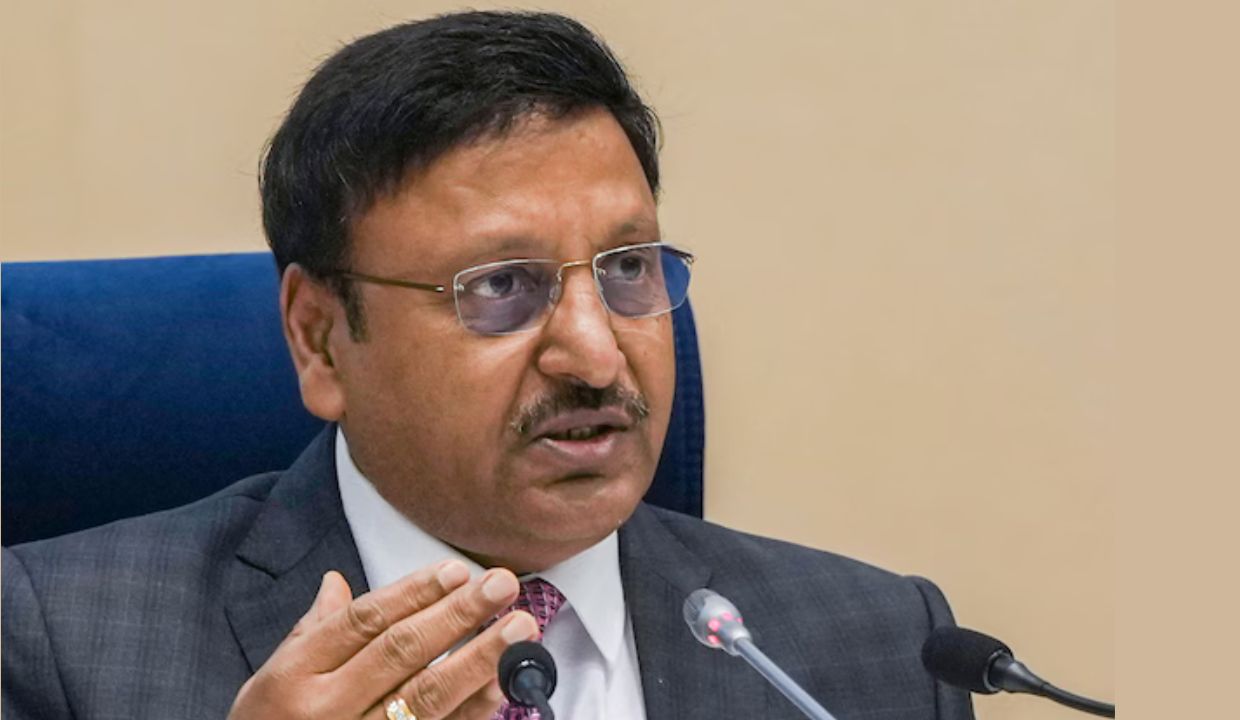







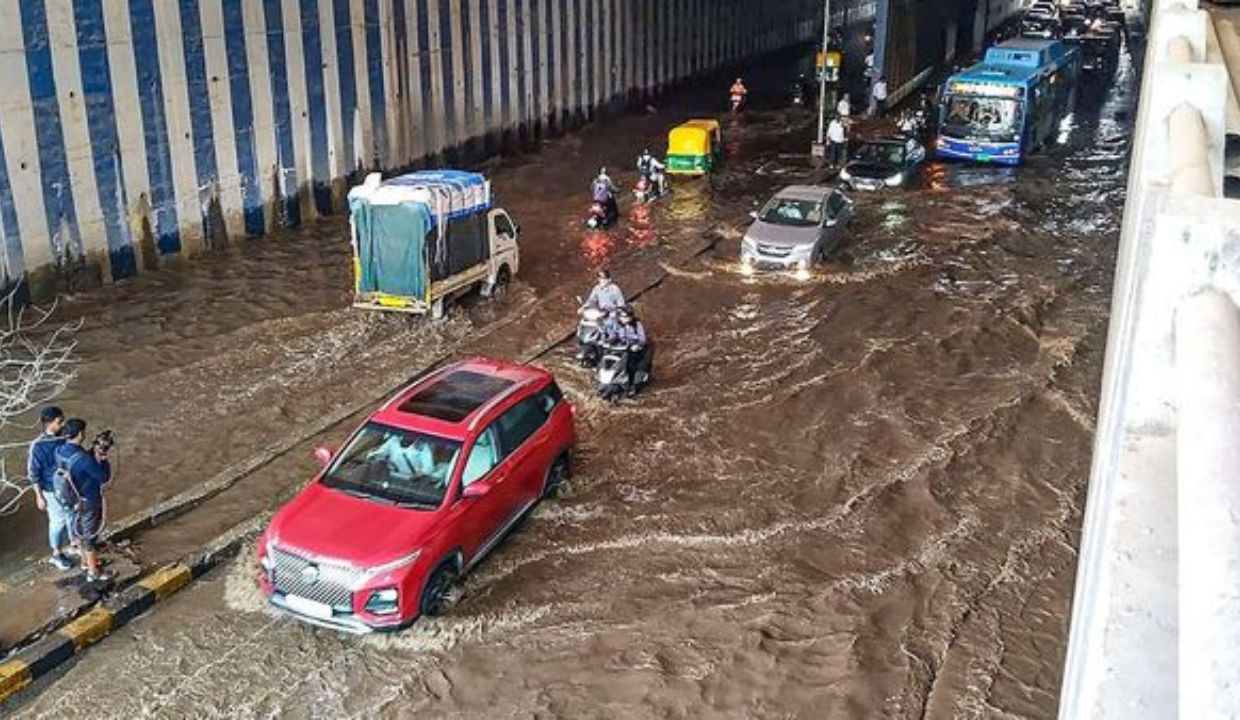
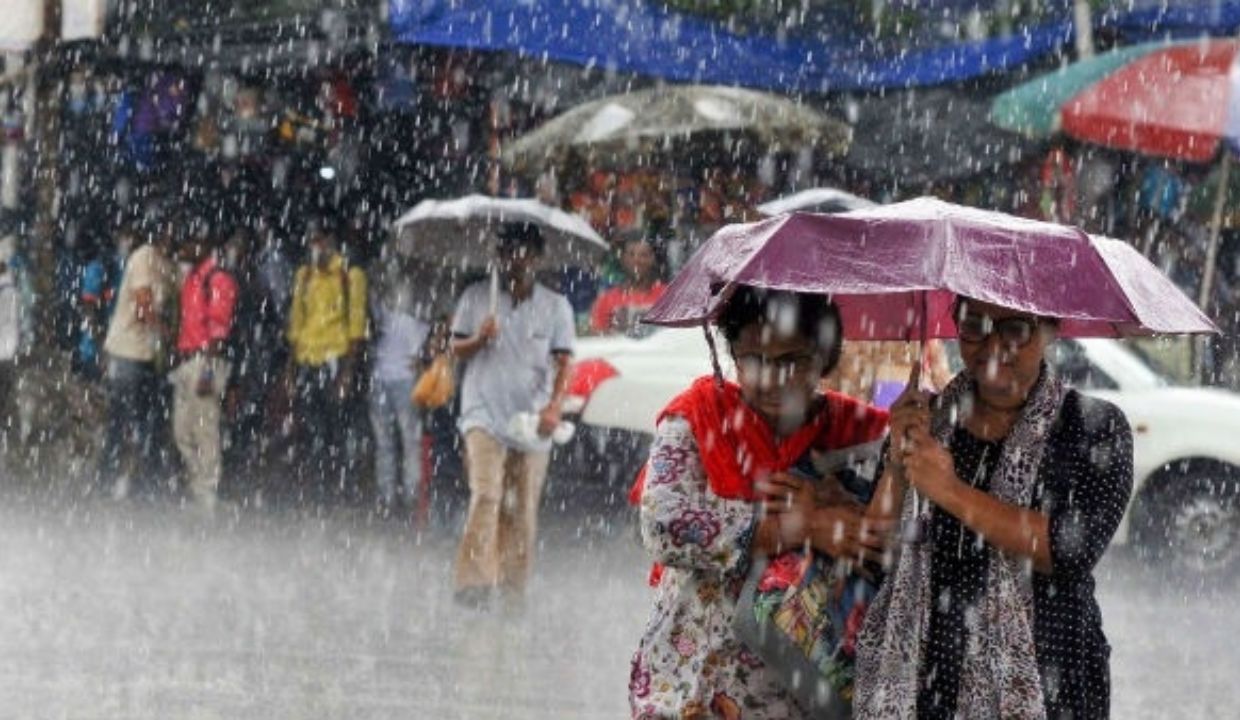


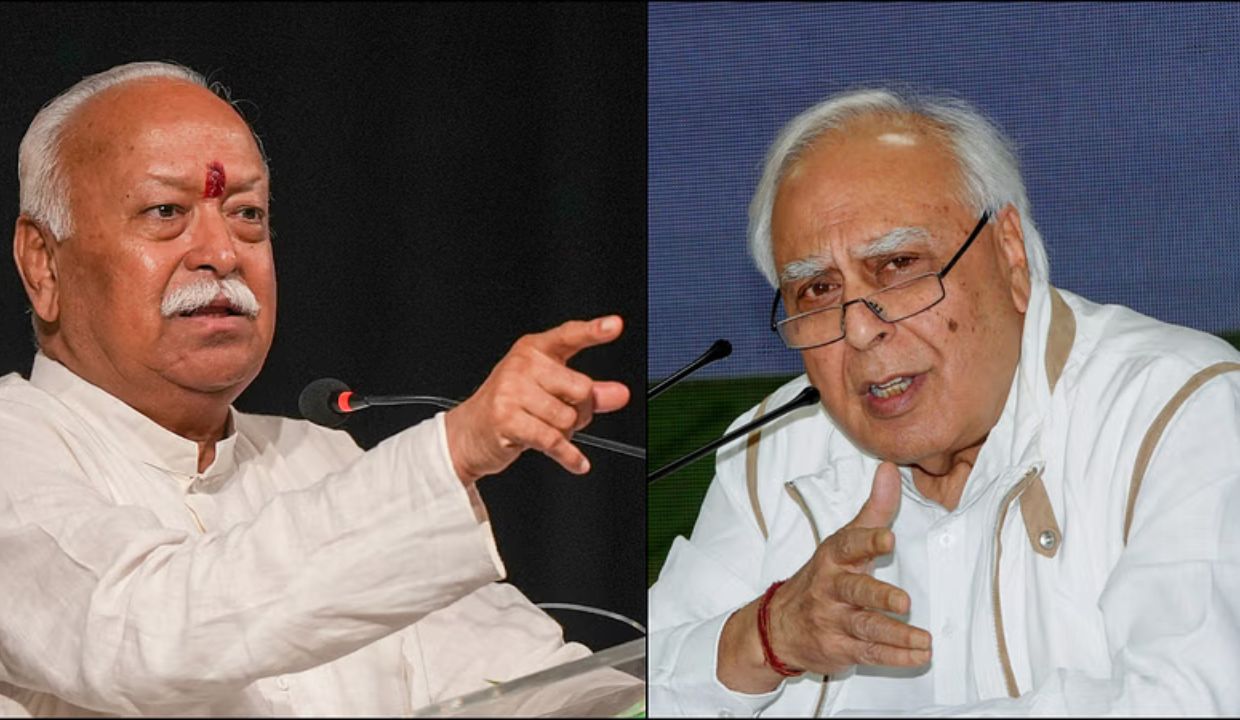









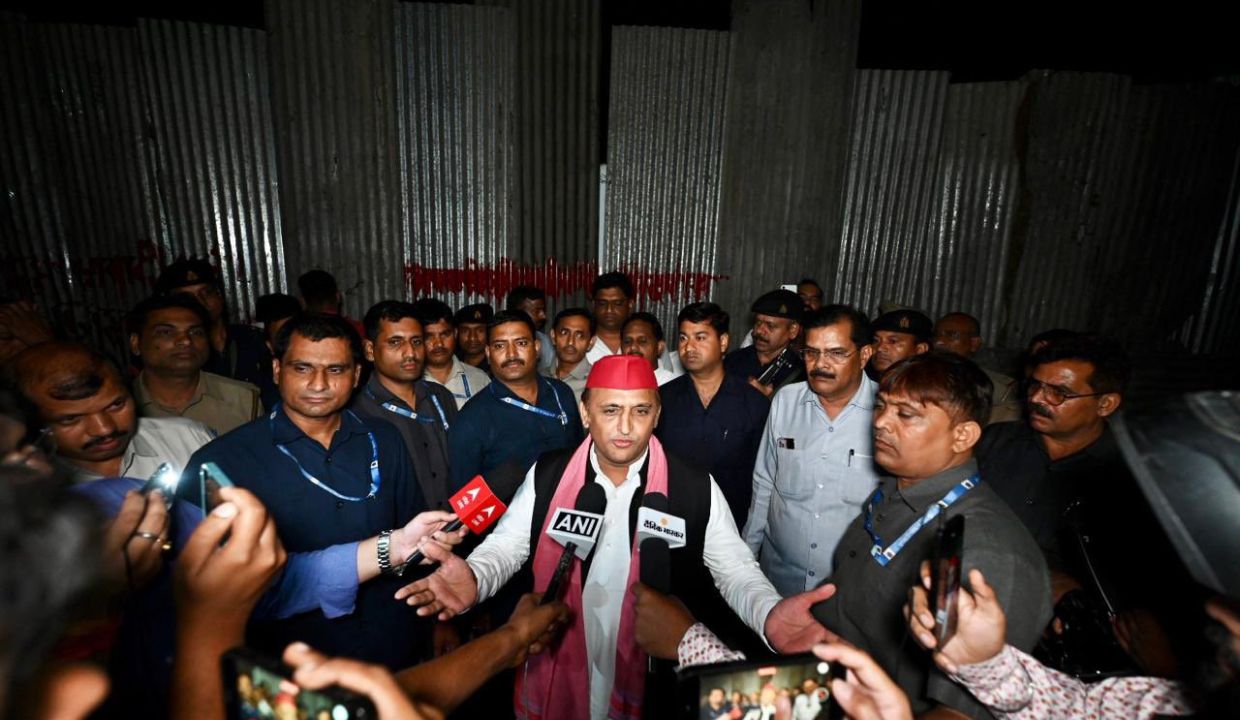







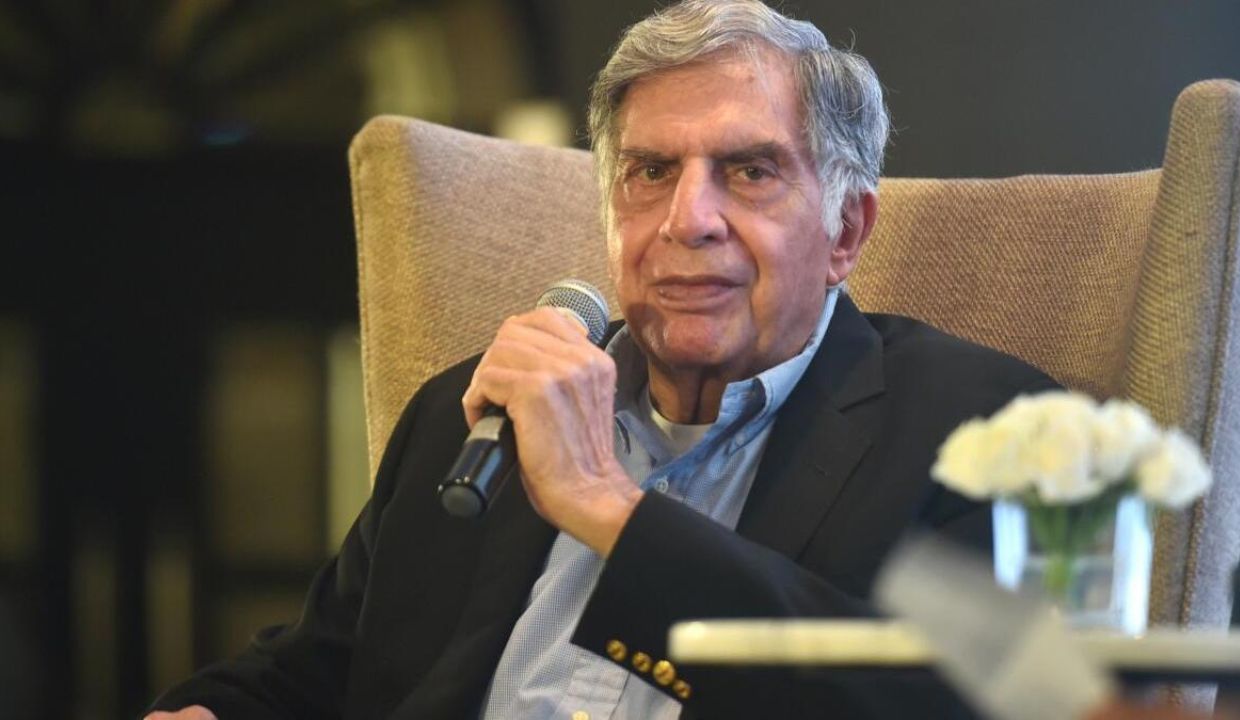


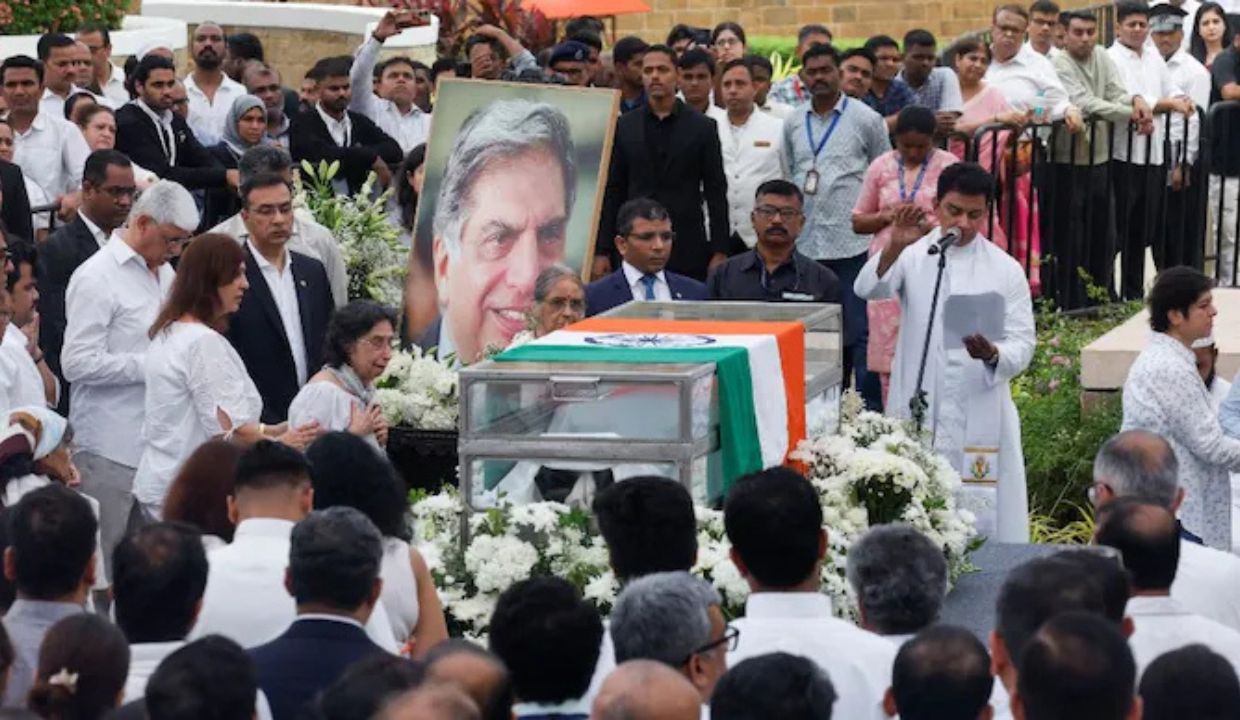




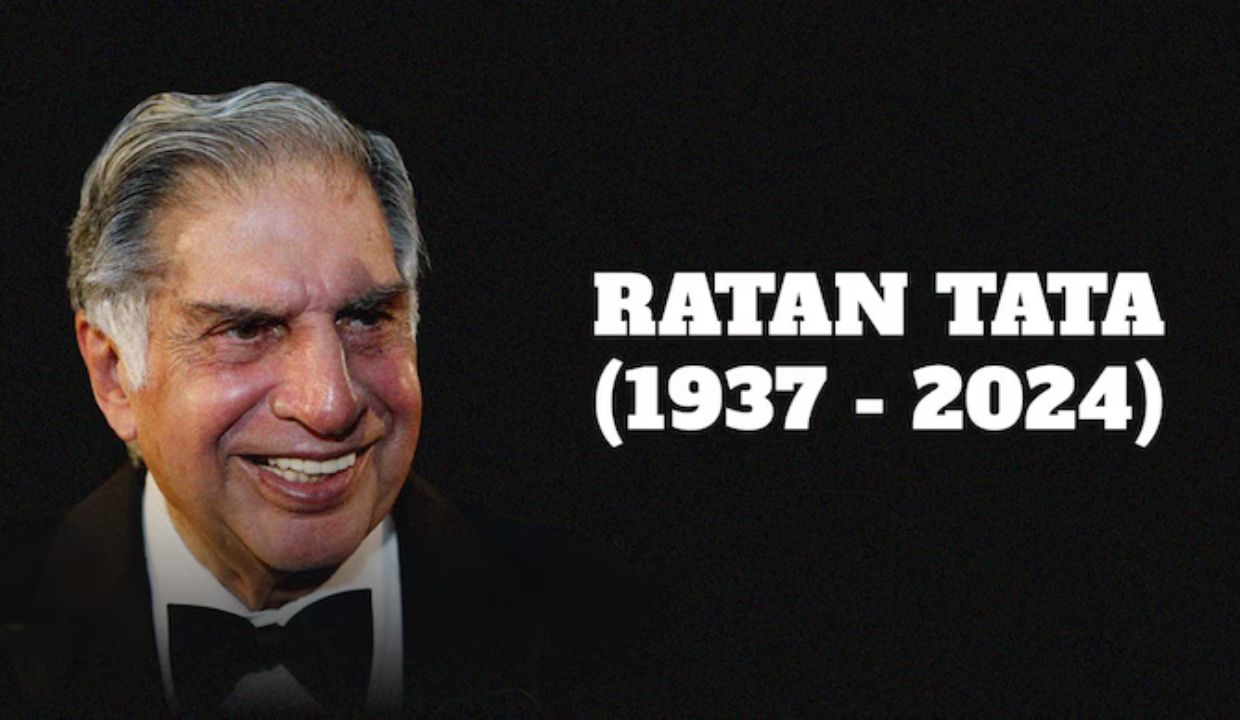

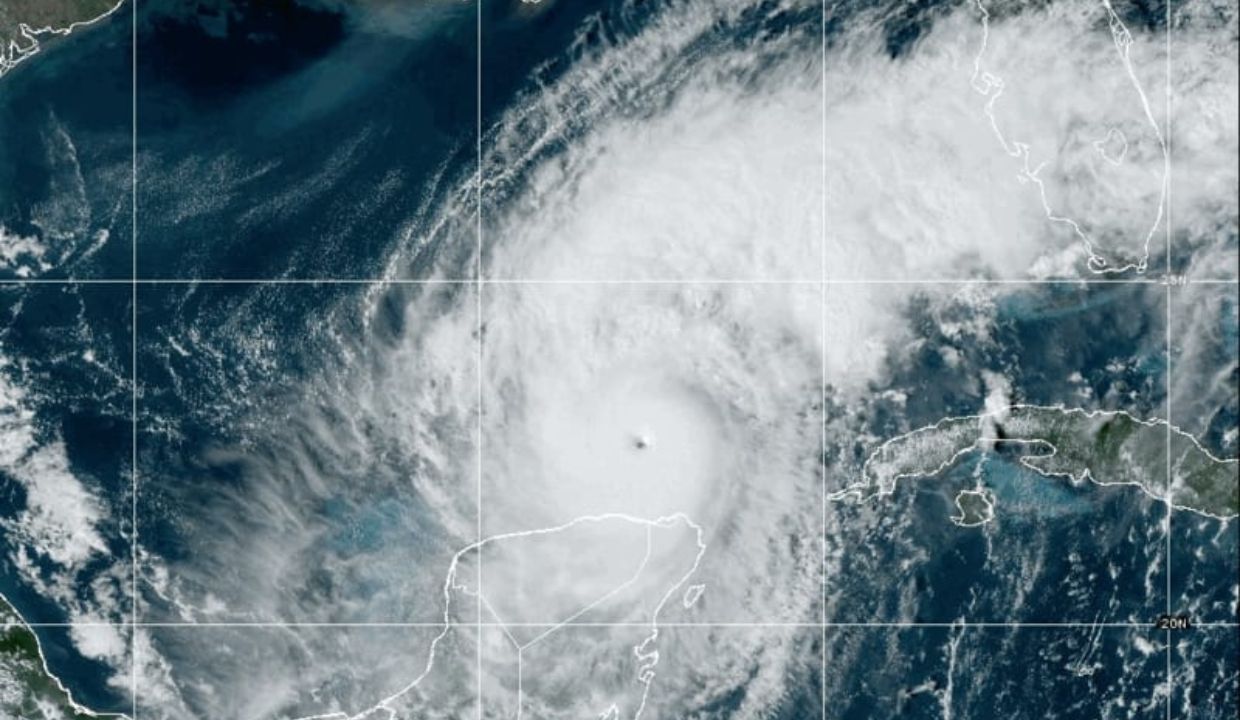








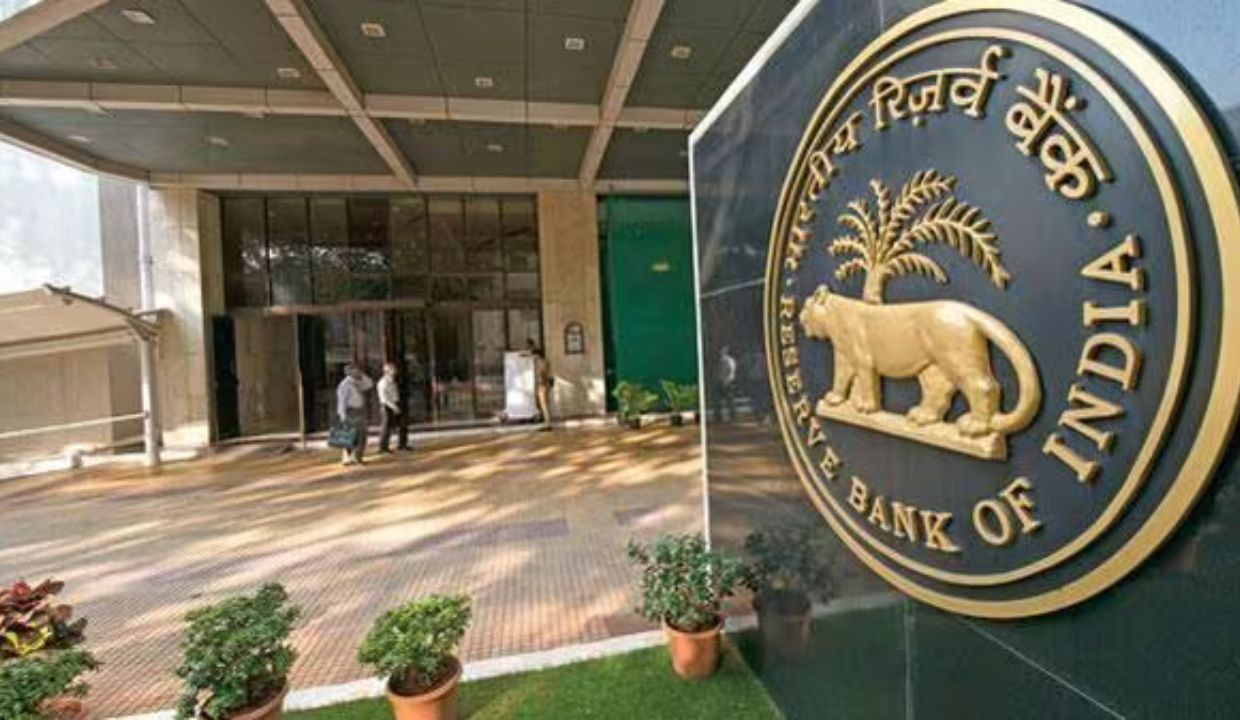

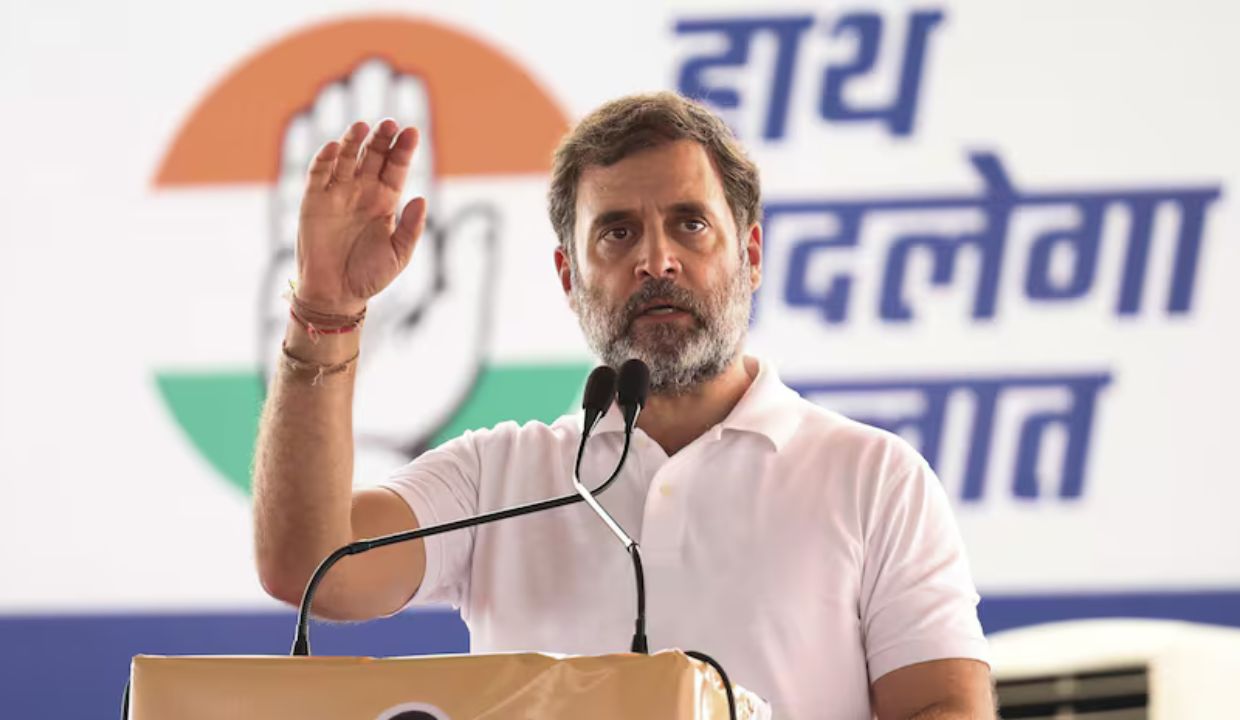



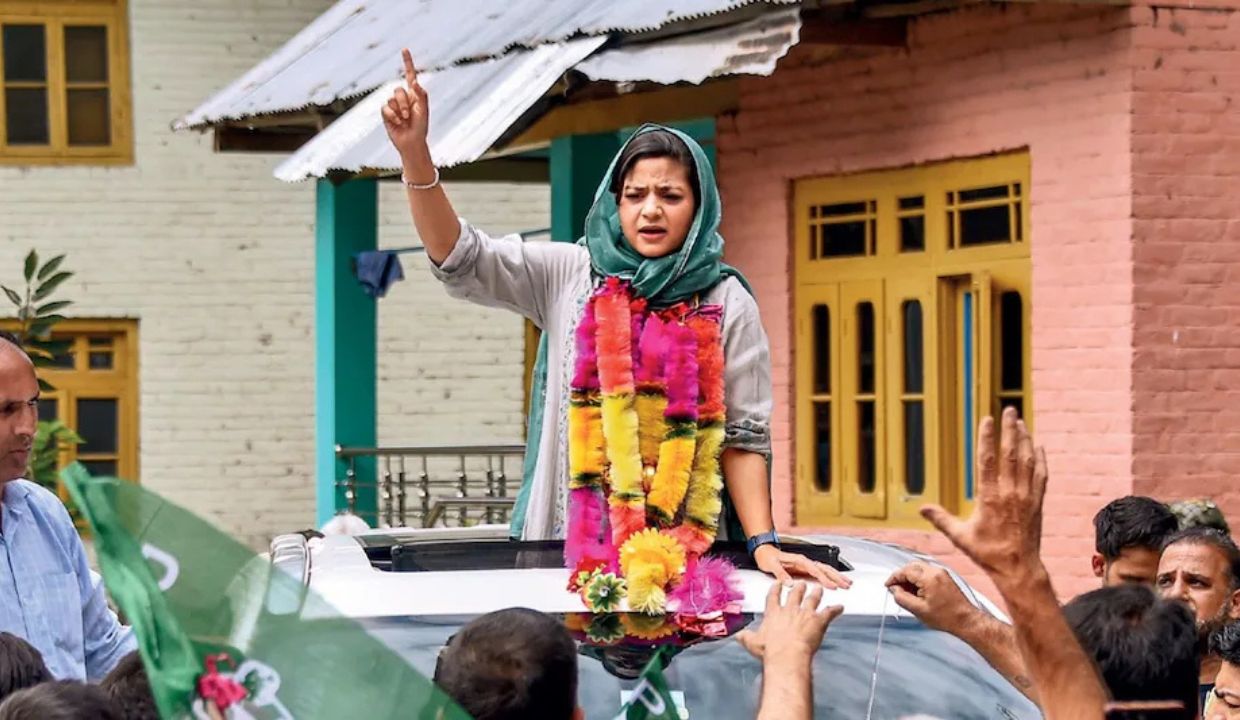

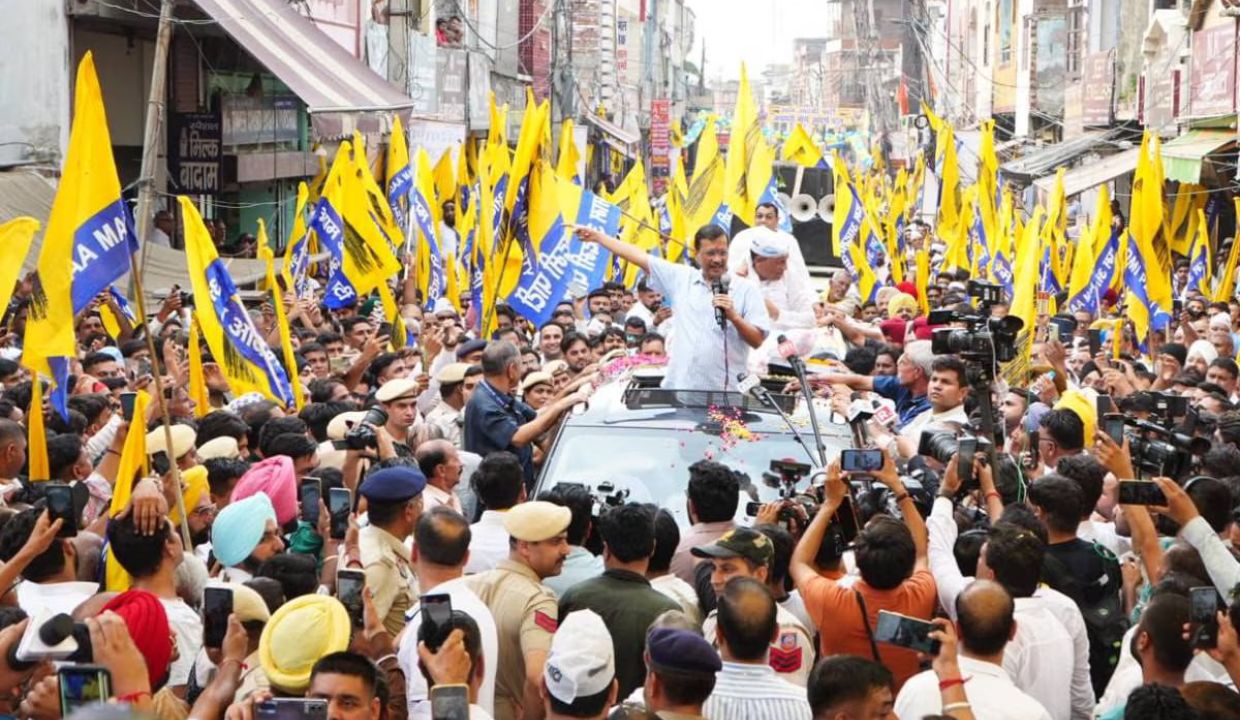











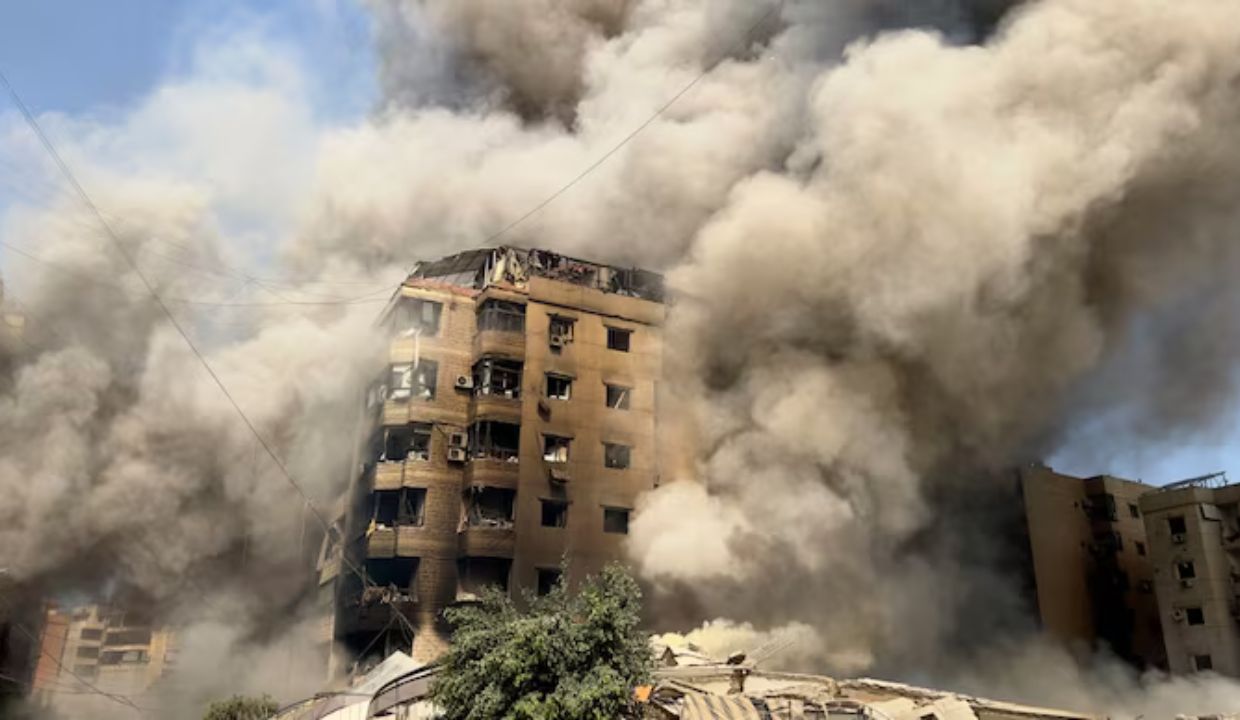








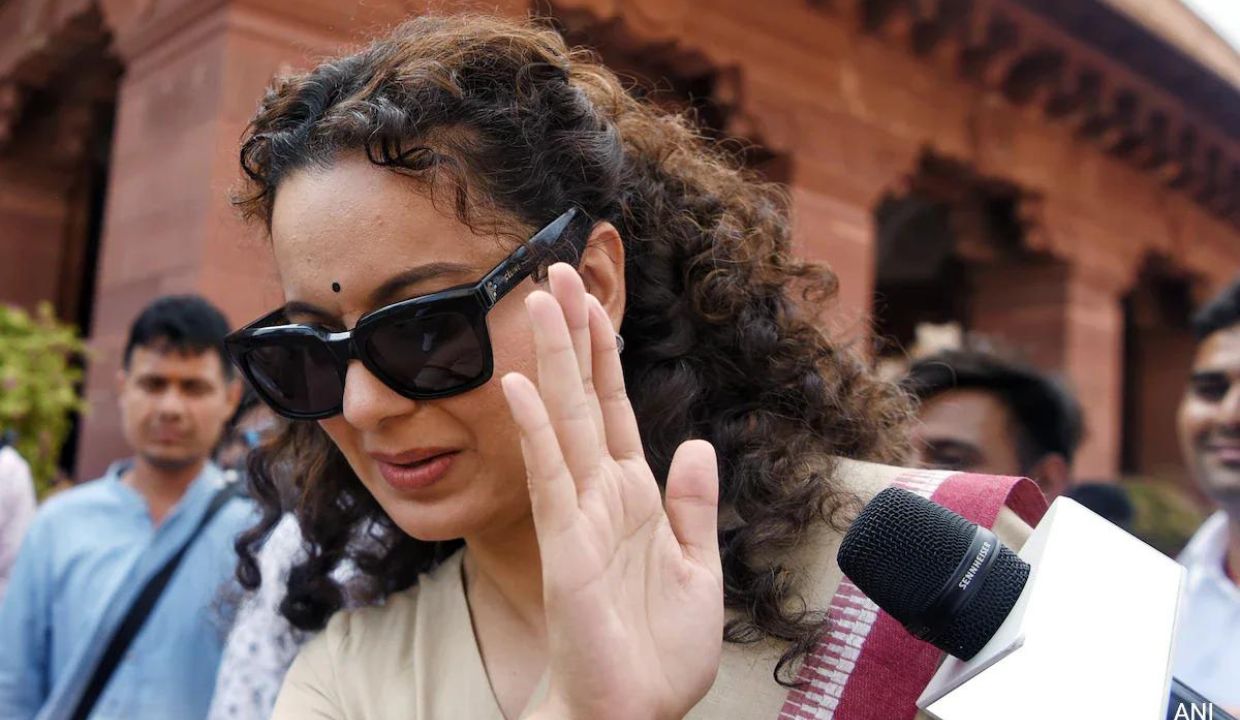



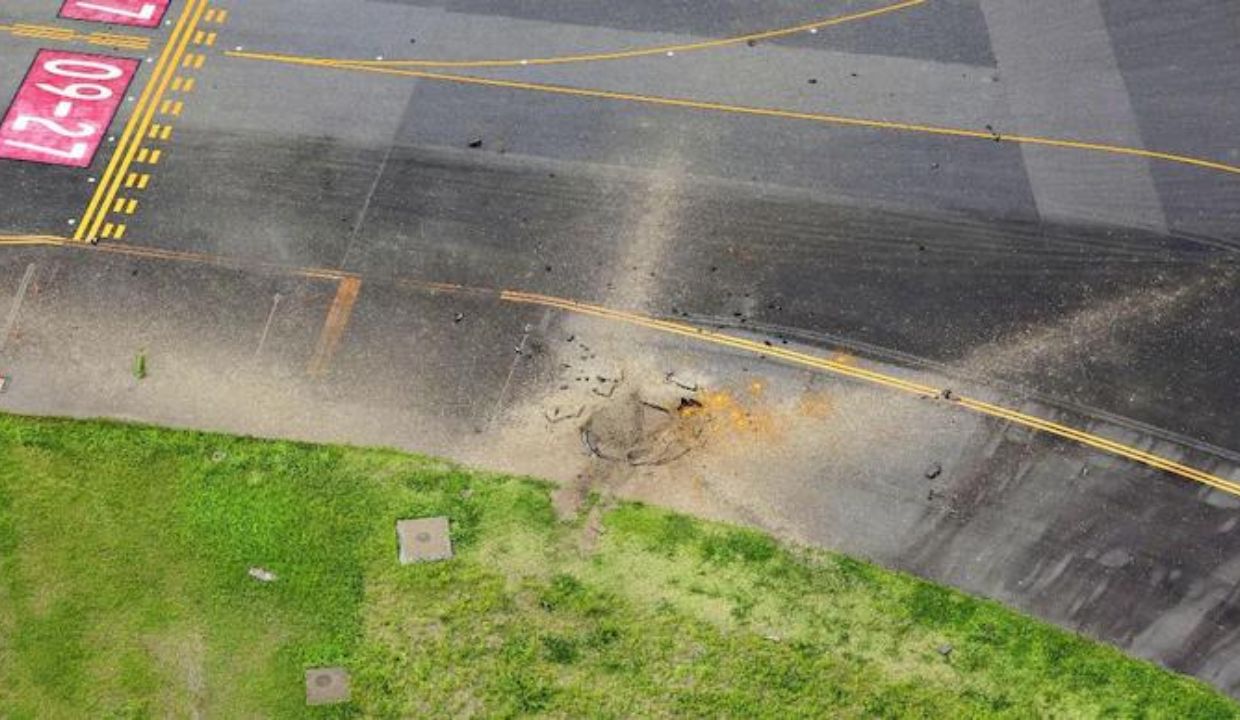



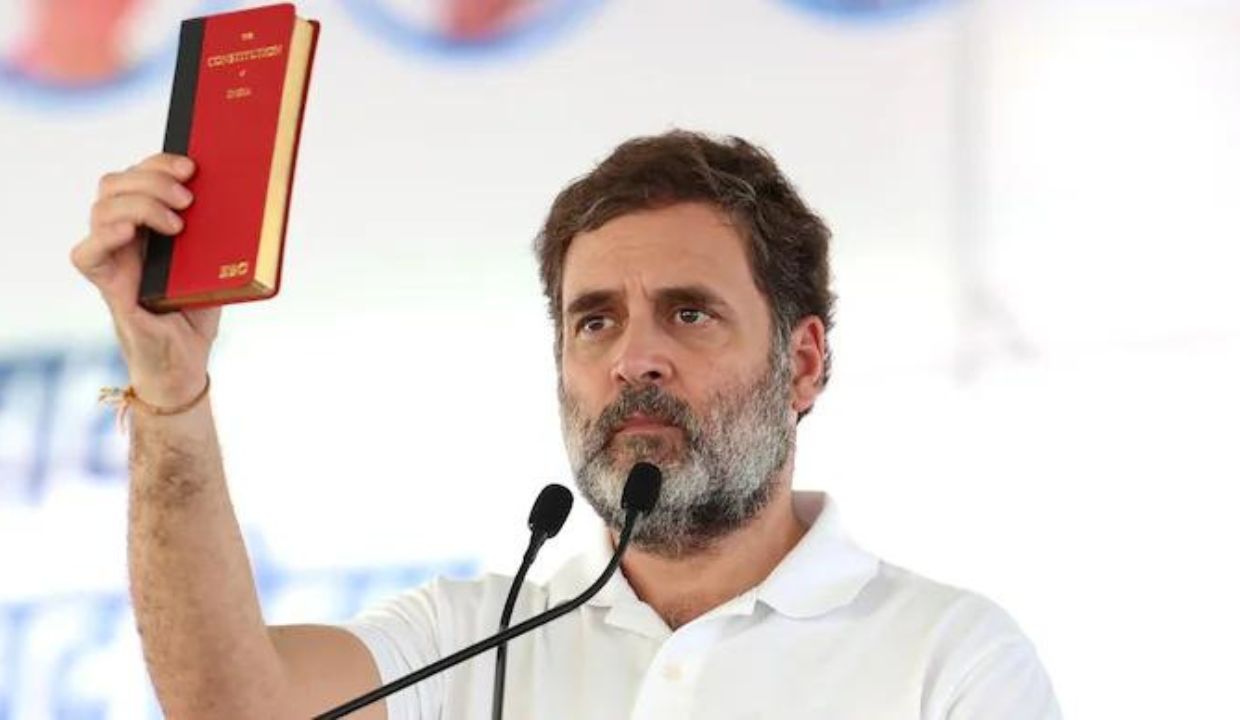


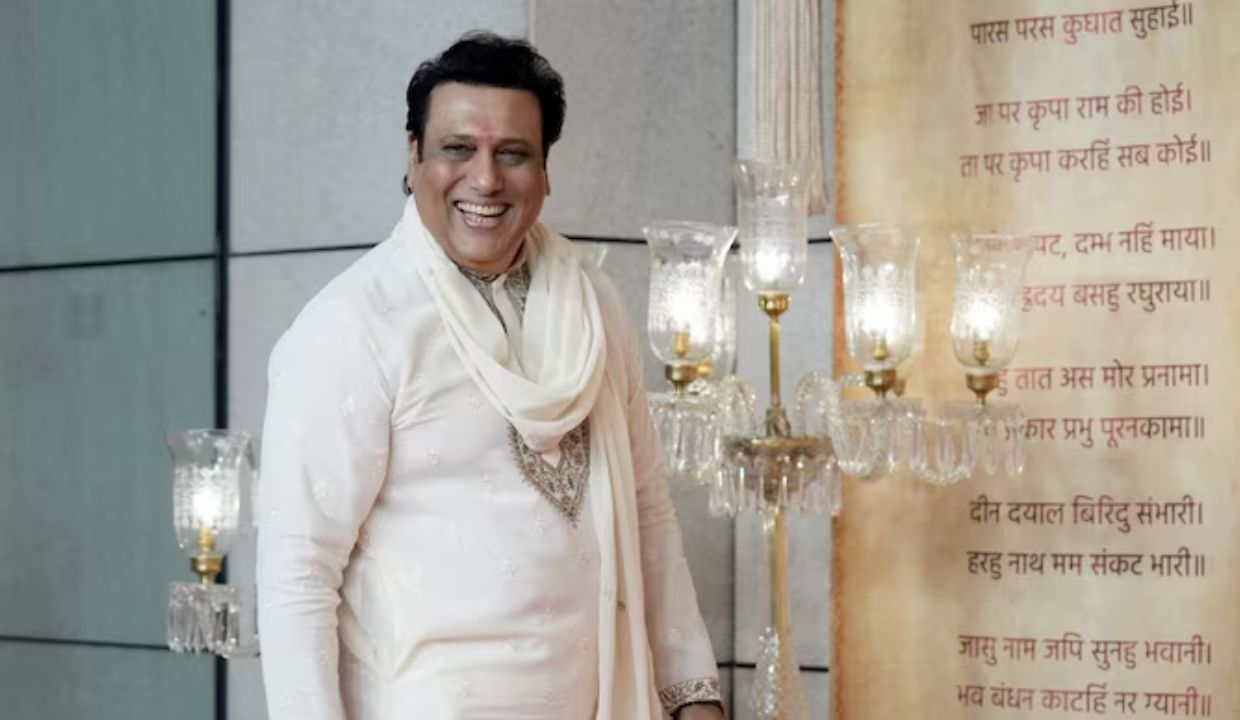

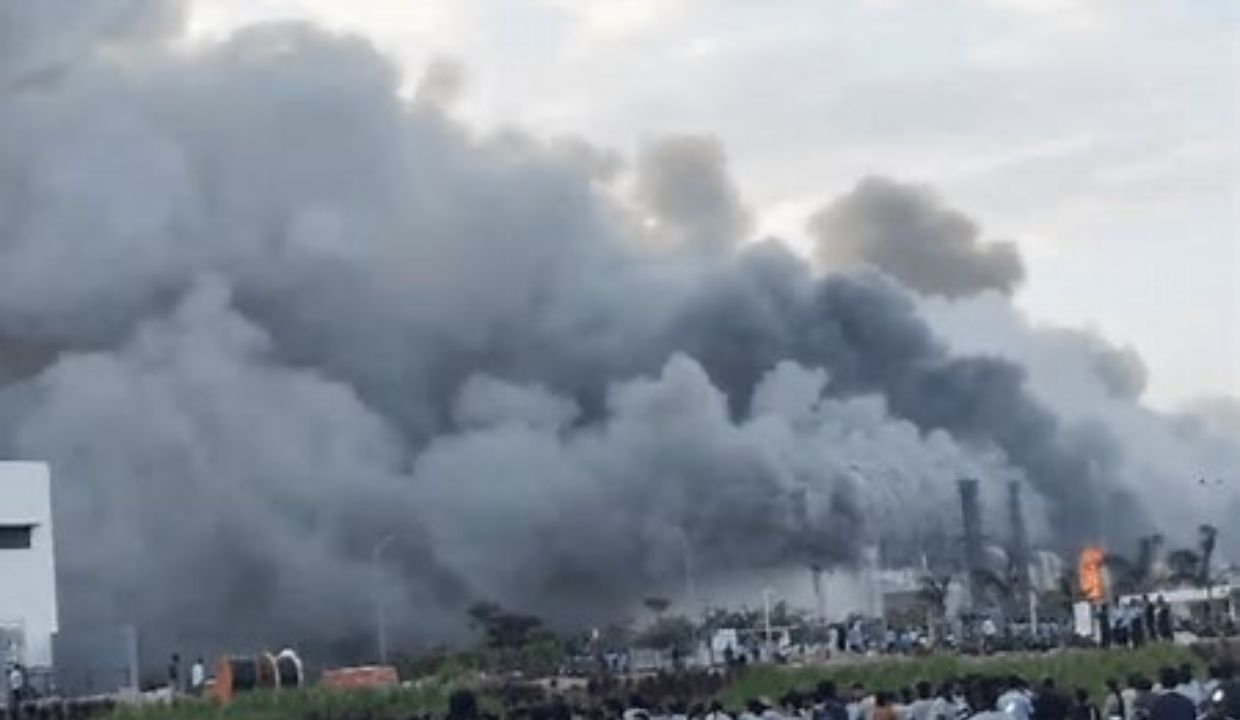




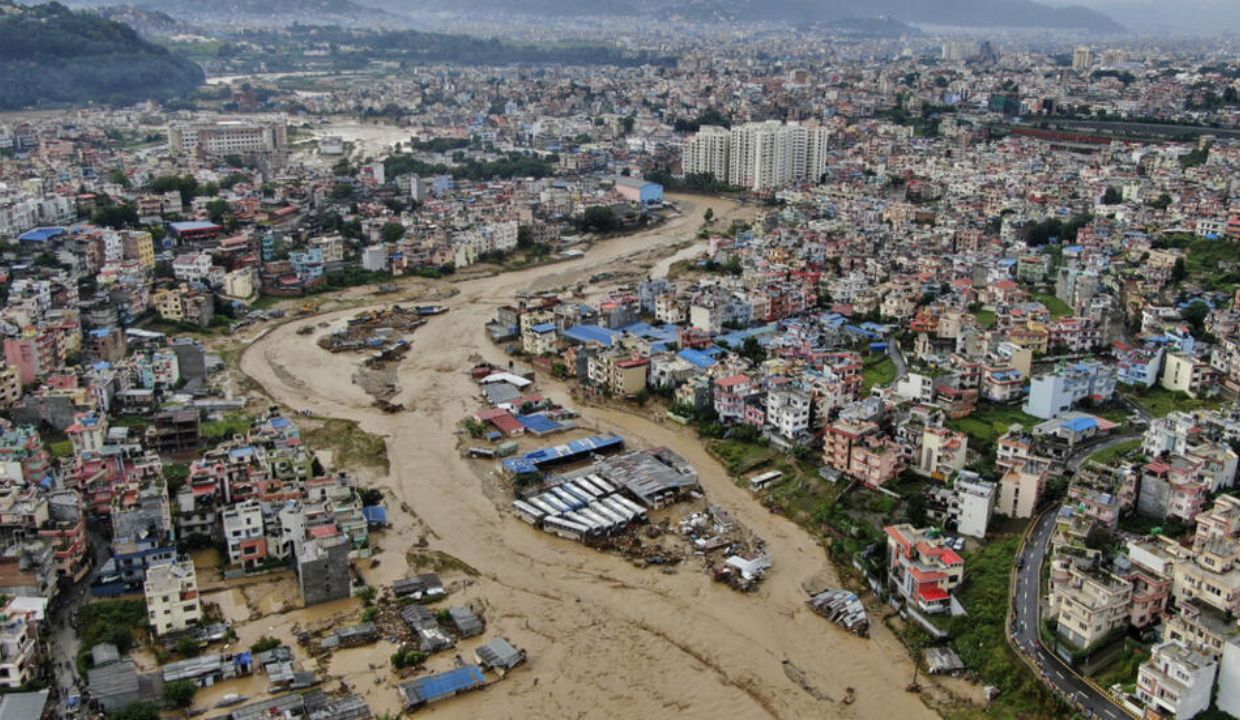

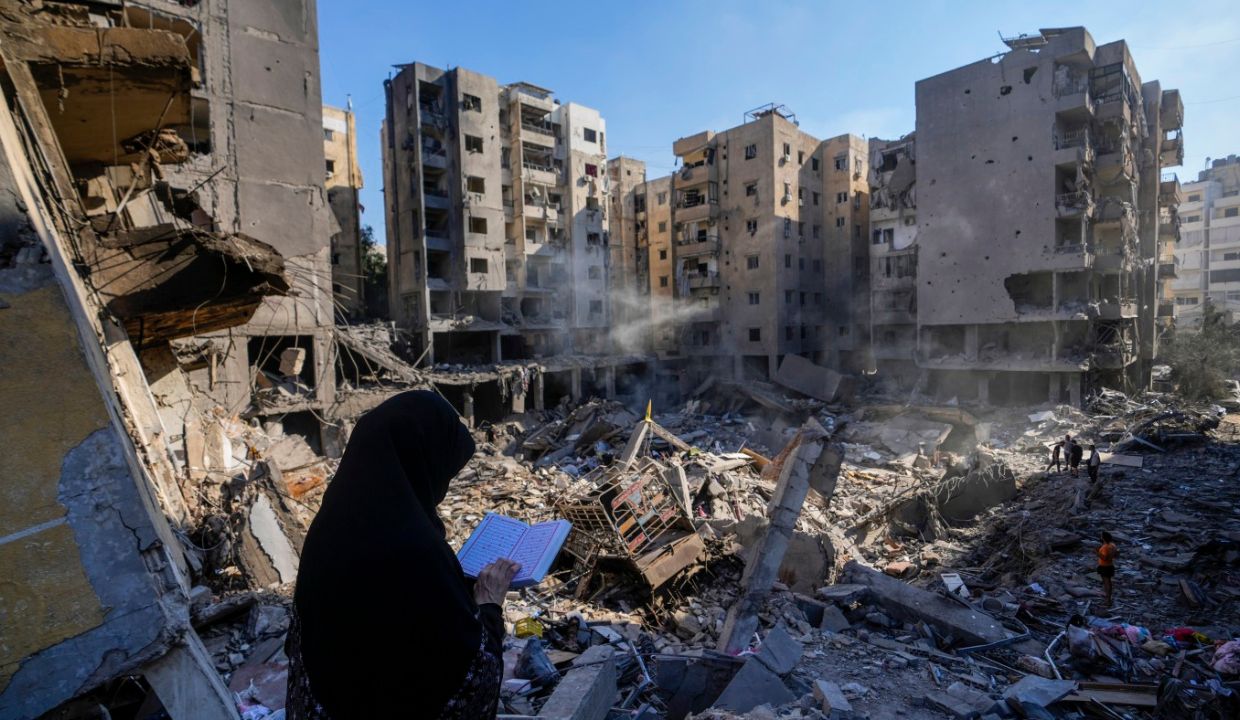

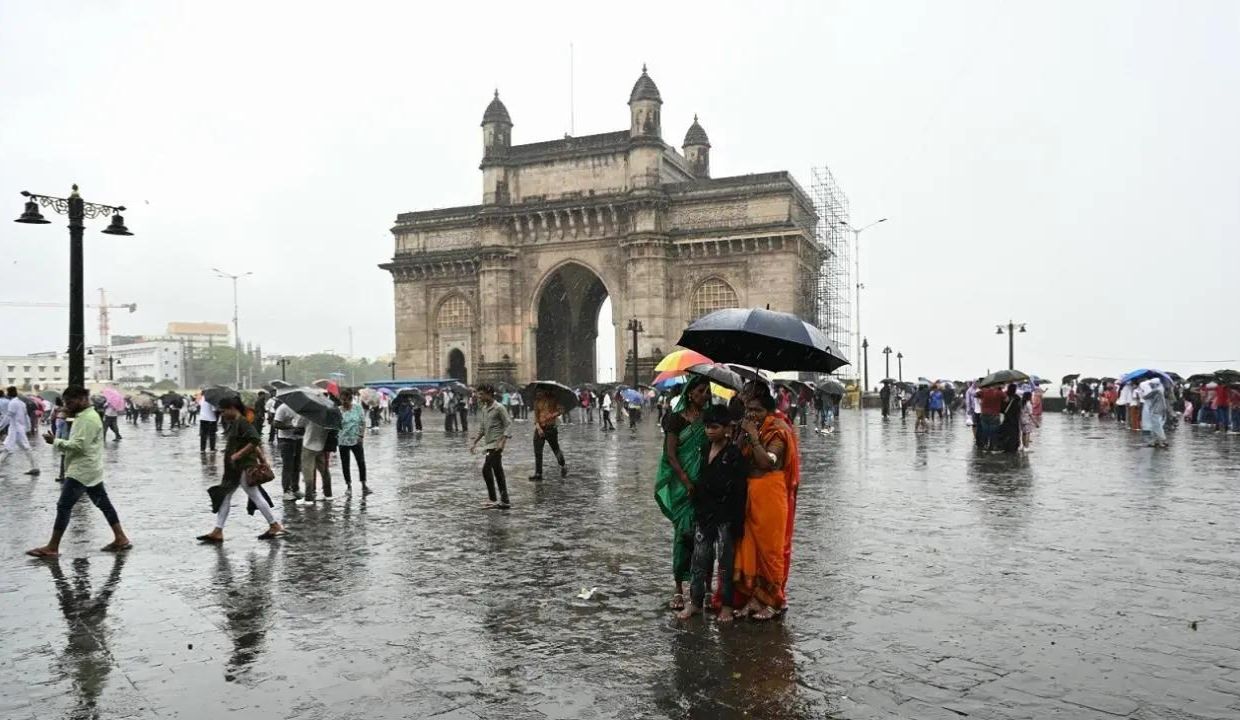



Сбор алиментов — это серьезный процесс, нуждающийся в профессиональной помощи. Юристы, работающие в данной области, имеют нужный опыт и знания для успешного завершения процесса. Консультация с юристом по взысканию алиментов помогает существенно упростить процесс и избежать множества юридических трудностей. Этапы процесса взыскания алиментов Процесс взыскания алиментов включает в себя несколько ключевых этапов: Подготовка и проверка документов. Консультация у специалиста. Создание и подача искового заявления в суд. Защита интересов клиента в судебном заседании. Получение судебного постановления. Преимущества сотрудничества с юристом Сотрудничество с юристом по взысканию алиментов имеет много преимуществ: Профессиональная помощь на всех этапах. Гарантия высокого уровня предоставляемых услуг. Эффективное сопровождение судебных разбирательств. Индивидуальный подход к каждому делу. Советы по выбору юриста. При выборе юриста следует обратить внимание на несколько аспектов: Специализация в области семейного права. Опыт работы и отзывы клиентов. Успешный опыт в взыскании алиментов. Прозрачность цен и условий сотрудничества. Поддержка юристов через сайт На сайте нашей юридической компании представлена информация о доступных услугах. Здесь же представляем возможность записаться на консультацию. Наша команда профессионалов готова ответить на любые ваши вопросы по телефону и оказать необходимую помощь в решении ваших задач. Стоимость услуг Цена услуг юриста по взысканию алиментов может варьироваться в зависимости от сложности дела и объема необходимых работ. Мы предлагаем прозрачное ценообразование и гарантии на результаты. Договор с юристом. Заключение договора с юристом предоставляет правовые гарантии и ясные условия сотрудничества. Это помогает избежать недопонимания и обеспечивает более продуктивный процесс работы. Важно понимать, что удачное взыскание алиментов зависит не только от желания, но и от профессионального сопровождения. Обращение к опытному специалисту способствует достижению желаемого результата. https://bbclinic-kr.com:443/nose/nation/bbs/board.php?bo_table=E05_4&wr_id=532259 Итоги Консультация с юристом по вопросу алиментного взыскания — значимый шаг для людей, оказавшихся в сложных семейных правовых ситуациях. Квалифицированные специалисты в данной сфере способны существенно облегчить процесс и гарантировать защиту ваших прав. Квалифицированные юристы не только помогают добиться нужного результата, но и помогают избежать неприятных ошибок, которые могут негативно отразиться на вашем деле. Специалисты, работающие в области семейного права, знают все нюансы и тонкости законодательства, что позволяет им эффективно представлять интересы клиентов в суде. Эти профессионалы готовы предоставить свои услуги на всех этапах — от первичной консультации до полного ведения дела в суде. Вот несколько ключевых преимуществ работы с юристом по вопросам алиментов: Профессиональная консультация по всем вопросам, связанным с алиментами; Составление всех необходимых документов и обоснований для обращения в суд; Обеспечение правовой защиты и представление интересов клиента в суде; Помощь в соблюдении всех сроков и требований законодательства; Гарантии достоверности и качества предоставляемых услуг; Важно помнить, что каждый случай индивидуален, и подход к нему должен быть тщательно продуман. Выбор опытного юриста может существенно повлиять на успешный исход вашего дела. На нашем портале представлена информация о доступных специалистах, к которым вы можете обратиться для получения детальной консультации. Если у вас возникли вопросы или необходима помощь, не стесняйтесь обращаться к нам по телефону. Мы готовы оказать вам поддержку на каждом этапе вашего пути к справедливости. Имейте в виду, что качество юридического сопровождения может значительно отразиться на результате. Выбор правильного профессионала позволит вам не только разрешить текущие проблемы, но и обеспечить защиту ваших прав на будущее. Не медлите с решением своих вопросов, принимайте меры уже сегодня!
About 1 Day Blue Mountains Tour Hi Guys, Only if you really think about wine tours to Hunter Valley?! We have more detailed information about 1 Day Blue Mountains Tour All my Sydney mates can’t stop returning to the Blue Mountains region. When you drive out of Sydney and see the first rise of the World Heritage Listed National Park, everything feels calmer. The air is filled with the scent of eucalyptus, the cliffs light up with orange hues, and the kookaburras take over the soundtrack. When I launched my first Blue Mountains tour years back, I thought I’d stop being amazed. I never could. The region is one of those places that humbles even the most seasoned guide. Whether you’re chasing foggy forest trails, chances to meet native animals, or some local wine to wrap up your day, this area offers more depth than you’d imagine. Please visit our website about 1 Day Blue Mountains Tour please click https://beaunex.net/bbs/board.php?bo_table=free&wr_id=812845 for Sign up for a free consultation now! Tags: Katoomba, 1 Day Blue Mountains Tour, Leura Cascades, restaurants, http://jinos.com/bbs/board.php?bo_table=free&wr_id=4589806
About 1 Day Blue Mountains Tour Hi Guys, Only if you really think about wine tours to Hunter Valley?! We have more detailed information about 1 Day Blue Mountains Tour All my Sydney mates can’t stop returning to the Blue Mountains region. When you drive out of Sydney and see the first rise of the World Heritage Listed National Park, everything feels calmer. The air is filled with the scent of eucalyptus, the cliffs light up with orange hues, and the kookaburras take over the soundtrack. When I launched my first Blue Mountains tour years back, I thought I’d stop being amazed. I never could. The region is one of those places that humbles even the most seasoned guide. Whether you’re chasing foggy forest trails, chances to meet native animals, or some local wine to wrap up your day, this area offers more depth than you’d imagine. Please visit our website about 1 Day Blue Mountains Tour please click https://beaunex.net/bbs/board.php?bo_table=free&wr_id=812845 for Sign up for a free consultation now! Tags: Katoomba, 1 Day Blue Mountains Tour, Leura Cascades, restaurants, https://dev.yayprint.com/blue-mountains/
Здоров'я Бажаю, Дорогі Друзі. Зараз я б хотів повістити трохи про перевірка на вірність Одеса Я думаю Ви шукали саме про перевірка чоловіка на зраду Одеса або можливо бажаєте дізнатися більше про перевірка на вірність Одеса?! Значить ця більше актуальна інформація про перевірка на вірність Одеса буде для вас найбільш корисною. На нашому сайті трохи більше для перевірка чоловіка на зраду Одеса, а також інформацію про перевірка на вірність Одеса. Дізнайся більше про перевірка чоловіка на зраду Одеса за посиланням https://www.dacon.com.ua/vykryttya-podruzhnoyi-nevirnosti Наші Теги: перевірка чоловіка на зраду Одеса, перевірка чоловіка на зраду Одеса, перевірка чоловіка на зраду Одеса, перевірка на вірність Одеса, перевірка чоловіка на зраду Одеса, перевірка на вірність Одеса, перевірка чоловіка на зраду Одеса, перевірка чоловіка на зраду Одеса, перевірка чоловіка на зраду Одеса, перевірка чоловіка на зраду Одеса, перевірка на вірність Одеса, перевірка на вірність Одеса, Вдалого Дня
First off I would like to say great blog! I had a quick question in which I'd like to ask if you don't mind. I was curious to know how you center yourself and clear your mind prior to writing. I've had a tough time clearing my mind in getting my thoughts out there. I truly do take pleasure in writing but it just seems like the first 10 to 15 minutes are generally lost just trying to figure out how to begin. Any recommendations or tips? Thanks! https://xn--b1algrmbhg.xn--p1ai/
Развод — это значимое решение, которое требует тщательной подготовки и грамотной юридической поддержки. Специалист по разводам поддерживает процесс расторжения брака и защищает интересы сторон. Правильное оформление всех документов и разъяснение перспектив действий имеют важное значение. Функции специалиста по разводам Специалист по разводам выполняет ряд важных функций: Составление соглашения по разделу совместно нажитого имущества; Представительство клиента в суде; Консультации по вопросам наследственным правам; Поддержка в установлении сроков и условий завершения процесса развода; Решение споров между сторонами. Рекомендации по выбору специалиста по разводам В процессе выбора адвоката следует обратить внимание на следующие аспекты: Опыт в вопросам, связанным с разводами и юридической практикой; Отзывы клиентов и успешные кейсы; Специализация в области семейного права; Четкость ценовой политики на предоставляемые услуги; Доступность для общения (можно ли связаться по телефону или электронной почте). Этапы развода с юристом Развод можно разделить на несколько основных этапов; Обсуждение вопросов с юристом; Подготовка необходимых документов; Регистрация иска в судебные органы; Судебное разбирательство; Получение судебного решения и его реализация. Согласие сторон Если оба супруга согласны на развод, это значительно упрощает процесс. Это позволяет заключить соглашение о разделе имущества и других аспектах, касающихся развода. Юрист поможет составить документ, который будет учитывать права родителей и детей, а также интересы обоих супругов. Это важно, чтобы предотвратить возможные конфликты в будущем. Работа юриста в Москве В столице работает много юридических специалистов, занимающихся разводами. Они предоставляют помощь как в подготовке документов, так и в представлении интересов клиента в суде. Такой метод снижает риски и ускоряет процесс решения проблем. Обратившись к профессиональному юристу, вы можете быть уверены, что ваши права будут защищены, а все действия будут осуществлены в соответствии с законом. Заключение Правильный выбор юриста по разводам — это ключ к успешному завершению процесса развода с минимальными потерями. Обратитесь к профессионалу, который поможет вам понять все аспекты и предоставит грамотные рекомендации для решения ваших вопросов. консультация юриста при разводе Итоги Консультация с юристом по вопросам развода — необходимый шаг для всех, кто хочет корректно определить свои права и обязанности при расторжении брака. Юристы, занимающиеся разводами, оказывают своим клиентам помощь в трудных вопросах, таких как деление имущества, определение места жительства детей и составление соглашений о содержании. Услуги квалифицированного юриста в Москве помогают избежать различных трудностей и споров, которые могут возникнуть во время развода. Основные моменты, на которые следует обратить внимание, выбирая юриста, включают: Опыт в практике семейного законодательства Имидж и мнения клиентов Умение достигать компромиссов Стремление защищать интересы клиента в судебных инстанциях Помощь на всех этапах разбирательства Квалифицированный юрист поможет вам заранее оценить возможные варианты действий и разработать стратегию ведения дела, учитывая важные обстоятельства. Это критически важно в ситуациях, когда возникают наследственные права, конфликты по поводу недвижимости или другие имущественные споры. Разрыв брака часто превращается в трудный эмоциональный период для обоих супругов. По этой причине, помимо юридических услуг, важно учитывать также психологический аспект. Работая со специалистом, вы сможете облегчить себе процесс и минимизировать негативные последствия. Имейте в виду, что продолжительность развода может изменяться в зависимости от сложности дела, наличия детей и согласия сторон. Однако профессиональный подход юриста может заметно ускорить процесс. В случае необходимости развода стоит действовать незамедлительно и не откладывать этот вопрос на потом. Обратитесь к опытному юристу, специализирующемуся на разводах, чтобы отстоять свои интересы и получить законное решение. Не забывайте, что продуманные шаги на данном этапе могут стать основой для лучшего будущего для вас и ваших детей.
Добрый День, Дорогие Друзья. Сегодня я бы хотел оповестить малость про купить внешние ссылки. Я думаю Вы искали снова про купить ссылки сео! Поэтому эта наиболее актуальная информация про где купить ссылки будет для сейчас сто процентов будет полезной. Если в поиске про купить ссылки в или про купить ссылки на, возможно и про купить ссылки pr x? На нашем сайте больше про купить ссылки по, Гарантированные ссылки! Проверенные обратные ссылки проверенные опытом! НАШ SEO WEBSITE - купить ссылки на сайт: https://tumblr.com/seoquantum - 2025 купить ссылки pr x Только, если Вы реально искали информацию про купить ссылки для раскрутки сайта, а также про купить сквозные ссылки, то вы найдете самую свежую и актуальную информацию про купить ссылки сео или возможно хотите купить ссылки. Вы найдете много предложений для купить обратные ссылки - а именно про купить ссылки для раскрутки сайта и про купить ссылки на сайт. Входите с нами в контакт на нашем сайте и вы наверняка найдете популярную и самую актуальную информацию от экспертов по поводу следующих тем касающихся нижеперечисленных ключевых слов, а именно: 1. купить внешние ссылки; 2. купить ссылки для раскрутки сайта 3. Про купить ссылки для сайта; 4. купить ссылки pr x; 5. купить ссылки сео Наши Теги: купить ссылки пушкина, купить ссылки сео, купить обратные ссылки, купить ссылки на, купить ссылки для раскрутки сайта. Доброго Вам Дня!
Раздел имущества после развода — это сложный процесс, требующий внимательного подхода и профессиональных знаний Адвокат по разделу имущества обладает компетенцией в законных вопросах, связанных с делением активов между мужем и женой. Специалист окажет помощь в понимании семейного законодательства и отстоять ваши права в суде Основные аспекты работы юриста Специалист осуществляет консультационные услуги по следующим вопросам Вероятного итога судебных разбирательств Составления брачных соглашений Составления необходимых документов для обращения в суд Разрешения конфликтов, касающихся жилья Защиты прав несовершеннолетних детей Нюансы правовых соглашений Процесс раздела имущества включает оценку активов и законное оформление соглашений о распределении Специалист содействует в Определении стоимости имущества Разработке стратегии раздела Представлении ваших интересов перед судом; Консультациях по правовым вопросам, связанным с собственностью Конфликты по вопросам раздела имущества Разногласия при разделе имущества могут возникнуть даже между самыми мирными супругами Необходимо учитывать, что помощь опытного юриста увеличивает вероятность успешного разрешения вашей ситуации Если у вас есть вопросы или вы хотите уточнить детали дела, свяжитесь с юристом для первой консультации. Перспективы работы с юристом Обратившись к юристу по разделу имущества, вы получите Полное юридическое сопровождение вашего дела Подробное разъяснение правовых норм Профессиональную защиту ваших интересов Уверенную помощь на каждом этапе разбирательства Работа юриста в сфере гражданского и семейного права требует не только знаний, но и опыта в ведении судебных дел С каждым новым делом открываются возможности для повышения навыков и более глубокого понимания сложных правовых ситуаций. Резюме и цены на услуги Расходы на услуги юриста по разделу имущества различаются в зависимости от сложности конкретного дела. Важно заранее обговорить все условия работы и бюджеты, чтобы избежать недоразумений в будущем На сайте адвоката представлена информация о стоимости и условиях его услуг. Свяжитесь с юристом для получения помощи и защиты своих прав и интересов в вопросах раздела имущества помощь в разделе совместного имущества Специалист по вопросу раздела имущества Процесс развода включает значимый этап — раздел имущества. Если имеется совместное имущество, супруги часто сталкиваются с разного рода спорами, для решения которых нужен юрист. Обращение к специалисту в данной области поможет вам получить качественные консультации и защиту ваших интересов. Зачем нужна помощь адвоката? Юрист, специализирующийся на семейном праве, обладает необходимыми знаниями для решения сложных вопросов. Его помощь позволит вам снизить риски и обеспечит корректное составление соглашений. Его работа включает в себя: Анализ имущества и определение его стоимости; Подготовку и подачу исковых заявлений; Защита интересов в судебных процессах; Ведение переговоров с противоположной стороной для поиска мирного решения; Консультирование по жилищным и гражданским правам. Как выбрать юриста? Обратите внимание на эти аспекты, выбирая юриста по разделу имущества: Профессиональный опыт в области семейного права; Отзывы довольных клиентов; Способность понять ваши нужды и задачи; Ясные условия работы и стоимость услуг; Готовность к открытой коммуникации. Как проходит раздел имущества Процесс раздела имущества при разводе может состоять из следующих этапов: Оценка стоимости совместного имущества; Составление списка имущества и долгов; Определение долей каждого из супругов; Подготовка соглашения о разделе имущества; Если потребуется — подача иска в суд. Что ожидать в процессе раздела имущества Процесс раздела имущества может занять продолжительное время, особенно если он касается несовершеннолетних детей. Необходимо учитывать интересы всех сторон и стремиться к мирному решению. Специалист поможет вам разобраться в ваших правах и предложит эффективные пути решения. Если вам нужен ясный ответ на ваши вопросы, свяжитесь с юристом для консультации. Заключение Консультация с юристом по разделу имущества — это необходимая мера для вашей защиты. Подобранный с осторожностью специалист поможет вам сгладить все споры, касающиеся ваших активов в ходе развода. помощь в разделе совместного имущества Итоговая часть Раздел имущества — это одна из самых актуальных тем в рамках разводов и семейных разбирательств. Квалифицированный юрист в области раздела имущества поможет вам адекватно оценить свои права и снизить риски судебного разбирательства. Важно учитывать, что законное и правильное распределение имущества требует значительных знаний в гражданском праве и опыта в судебной практике. Юристы предлагают ряд преимуществ: Компетентная защита ваших интересов на всех стадиях. Составление и анализ исковых заявлений и соглашений. Помощь в переговорах с другой стороной. Обеспечение соблюдения всех правовых норм и сроков подачи документов. Обратившись к юристу, вы получаете возможность эффективно решать споры, связанные с имуществом, а также вопросы, касающиеся детей. Безусловно, каждая ситуация уникальна, и только опытный адвокат сможет предложить оптимальные решения, исходя из конкретных обстоятельств вашего дела. Если вам требуется экспертное заключение по разделу имущества или советы по другим аспектам семейного права, не hesitate обращайтесь к нам. Мы готовы предложить вам качественную помощь и поддержку на всех этапах законодательного процесса. Не забывайте, что быстрое обращение к профессионалу — это гарантия успешного решения вашей проблемы и охрана ваших прав. На нашем сайте вы сможете найти дополнительную информацию о наших услугах и ознакомиться с условиями работы. Не упустите возможность получить грамотную юридическую помощь в вопросах раздела имущества, поскольку правильное обращение к делу может существенно изменить его исход и повысить ваши шансы на выгодное решение.
Бесплатная юридическая консультация представляет собой сервис, предлагающий гражданам возможность получения первичной правовой помощи. Она может быть полезна в различных ситуациях, связанных с правами и интересами отдельных лиц. В столице и других российских городах имеется множество учреждений, предлагающих такие услуги. Где получить бесплатную юридическую консультацию? Юридические клиники, финансируемые государством Некоммерческие организации Порталы с возможностью получения консультаций онлайн Главные направления юридической помощи Консультация, предоставляемая бесплатно, может включать разные области права, включая: Жилищное право Трудовое право Защита прав потребителей Судебные дела Как можно получить консультацию? Чтобы получить бесплатную юридическую консультацию, необходимо выполнить несколько шагов: Определить подходящую организацию или юриста. Установить контакт по телефону или через вебсайт. Подготовить нужные документы и сформулировать свои вопросы. Что необходимо для обращения за помощью? При обращении за юридической помощью важно иметь при себе: Необходимые документы, связанные с вашим вопросом. Номер телефона, который можно записать для связи. Сжатое описание вашей проблемы. Достоинства бесплатных юридических консультаций Бесплатные юридические консультации имеют много плюсов: Доступ к профессиональным юристам и адвокатам. Шанс получить объективное мнение по вашей ситуации. Время для анализа своих прав и обязательств. На что обратить внимание при выборе юриста? Выбирая юриста, учитывайте следующие моменты: Опыт работы в нужной области. Рекомендации предыдущих клиентов. Наличие специализации на схожих делах. Вывод Если вы хотите узнать больше о бесплатных юридических консультациях, рекомендуем ознакомиться со специализированными ресурсами и позвонить в юридическую организацию. юридическая консультация бесплатно онлайн круглосуточно по телеф... Подведение итогов В современном мире, где правовые вопросы усложняются, бесплатная юридическая консультация служит важным ресурсом для населения. Каждый может воспользоваться правовой помощью, что является значительным преимуществом для защиты своих интересов. Не стоит забывать, что в критических ситуациях, требующих оперативного вмешательства, возможность получить профессиональную юридическую консультацию без оплаты может оказать значительное влияние на исход дела. Поиск помощи у адвоката или юриста в таких случаях способен уберечь от множества правовых ошибок. Выигрыши от бесплатной юридической консультации Получение информации о своих правах и обязанностях становится доступным; Шанс воспользоваться помощью в оформлении документов; Экспертные рекомендации по различным juridical вопросам; Поддержка в трудовых, жилищных и других делах; Экономия средств на первоначальном этапе решения проблемы. Обращаясь за бесплатной юридической консультацией в Москве или других городах, вы получаете возможность понять свои права и обязанности в различных ситуациях. Это актуально, когда нужно защищать свои интересы в суде или взаимодействовать с официальными органами. Не имеет значения, сталкиваетесь ли вы с трудовыми спорами, жилищными проблемами или вопросами защиты прав потребителей, услуги специалиста окажутся незаменимыми. Юридическая служба предлагает телефонные консультации, что облегчает процесс обращения за помощью для всех. Не пропустите шанс отстоять свои права и получить квалифицированные советы от экспертов. Воспользуйтесь бесплатной юридической консультацией и сделайте шаг к решению ваших правовых вопросов.
В наше время юридические услуги становятся все более актуальными. Люди обращаются к специалистам для решения различных юридических вопросов, включая уголовные дела, сделки с недвижимостью и банкротство. Разберемся, какие компании и юристы занимают лучшие позиции в рейтингах. Ключевые аспекты выбора юриста Опыт и репутация специалиста. Наличие положительных отзывов и рекомендаций. Специализация в конкретной сфере права. Наличие сайта и информативность о компании. Топовые юристы столицы В настоящее время работает много юридических компаний, предлагающих услуги в области права. Представляем несколько компаний, которые занимают высокие позиции в рейтингах: Компания "Право и Защита" Специализируется на уголовных и гражданских делах, имеет широкую сеть партнеров и признанная одним из лучших адвокатов в Москве. Юридическая компания "Адвокат Плюс" Она предоставляет услуги по вопросам банкротства и консультации в области недвижимости. Команда юристов компании имеет все необходимые знания и опыт в своей сфере. Фирма "Юридический Центр" Компания оказывает поддержку в различных делах, подстраиваясь под интересы своих клиентов. Каждый юрист здесь — это профессионал своего дела. Рекомендации по выбору юриста Следует осознавать, что выбор юриста — это серьезное решение. Настоятельно рекомендуется изучить информацию и провести исследование Посетить веб-сайты компаний, изучить их услуги и специфику работы. Не забывайте смотреть на оценки и отзывы от клиентов. Связаться с юристом для получения первичной консультации. Преимущества сотрудничества с опытными юристами Специалисты в праве способны предложить ряд выгод для клиентов: Обеспечение высокого качества услуг и защита интересов клиента. Индивидуальный метод работы в каждой ситуации. Эффективное управление процессом решения юридических проблем. Контакты и ресурсы Не забывайте о необходимости проверки контактной информации юристов и организаций. Это позволит ускорить получение необходимых услуг и обеспечит эффективное сотрудничество. лучшие адвокаты россии Заключение Сегодня правильный выбор юриста имеет огромное значение для обеспечения ваших прав и интересов. В статье мы познакомим вас с рейтингом юристов, который предназначен для упрощения выбора среди разнообразия адвокатов и юридических фирм, работающих в Москве и других городах. Мы собрали данные о самых квалифицированных специалистах, работающих в разных областях права, таких как уголовное, гражданское и корпоративное, а также услуги, связанные с банкротством и недвижимостью. Понимание позиций юристов позволит вам принимать более обоснованные решения. Основные факторы, которые следует учитывать при выборе юриста Оценка репутации и отзывов о компании; Присутствие опыта в требуемой вами области права; Официальные контакты и доступность юриста; Качество предоставляемых услуг и профессионализм команды; Ценовая политика и условия сотрудничества. Мы рекомендуем не ограничиваться лишь рейтингами, а делать более глубокий анализ потенциальных партнеров. Поговорите с несколькими юристами, обсудите ваши вопросы и выберите того, кто сможет вас поддержать в трудной ситуации. Помните, что хорошая юридическая помощь может оказаться решающим фактором в ходе дела. Ищите специалиста, который соответствует вашим ожиданиям по качеству услуг и вызывает доверие. Потраченное время на поиск подходящего юриста — это залог успешного решения вашей проблемы. Используйте наш рейтинг как основу для получения свежих данных о лучших юристах и адвокатах в вашем районе. Ваши права в ваших руках, и правильный выбор юриста поможет значительно упростить процесс решения юридических вопросов.
Специалист по медицинскому праву — это юрист, который занимается предоставлением юридических услуг в области медицинской практики. Основная функция этого юриста — защита интересов пациентов и медицинских учреждений. Опытный юрист помогает клиентам понять запутанные правовые аспекты, связанные с лечением и медицинскими услугами. Услуги, предлагаемые медицинским юристом Специалист в области медицинского права предлагает разнообразные услуги, включая: Консультирование по вопросам медицинских прав; Составление и проверка документов; Представление интересов клиентов в судебных инстанциях; Защита интересов клиентов в медицинских учреждениях; Содействие в сборе доказательственной базы для судебных разбирательств; Работа с жалобами и претензиями к медицинским учреждениям. Характерные аспекты работы медицинского юриста Востребованность медицинского юриста обусловлена часто возникающими вопросами, связанными с правами пациентов и юридическими обязанностями медицинских учреждений. Вопросы могут включать в себя: Получение разрешения на медицинское вмешательство; Работы с персональной информацией; Компенсации морального вреда из-за ненадлежащего лечения; Инцидентов, связанных с врачебными ошибками. Как выбрать медицинского юриста При выборе медицинского юриста стоит обратить внимание на несколько ключевых моментов: Опыт работы в сфере медицинского права; Наличие положительных отзывов от клиентов; Специализация на медицинском праве; Доступные условия сотрудничества; Контакты для обратной связи. Обращение за помощью При появлении вопроса, требующего правовой поддержки, рекомендуется незамедлительно связаться с медицинским юристом. Корректная защита интересов на ранней стадии может значительно изменить результат дела. Звонок в юридическую компанию или консультация через интернет позволят оперативно получить нужную информацию и помощь. Работа медицинского юриста полна деталей, и его консультации могут быть полезны как в вопросах профилактики, так и в трудных судебных делах. Обеспечение прав пациентов и защита медицинских учреждений — это основная цель его работы, требующая глубоких знаний в области медицинского и юридического законодательства. медицинский юрист в москве Заключение Ведение медицинских дел требует глубокого понимания как правовых аспектов, так и особенностей сферы здравоохранения. Медицинский юрист становится незаменимым помощником как для пациентов, так и для медицинских организаций. Эффективная юридическая помощь способна существенно облегчить решение возникающих проблем и защитить интересы участников. Необходимость в услугах медицинского юриста особенно очевидна в следующих случаях: Подготовка и проверка медицинских документов; Защита интересов пациентов в судебных разбирательствах; Консультации по вопросам соблюдения правовых норм в здравоохранении; Поддержка в сборе и обработке личных данных; Представление интересов в случаях нарушения прав пациента. Обратившись к специалисту, вы можете быть уверены, что ваше дело будет рассматриваться с учетом всех нюансов и в рамках действующего законодательства. Юридическая практика в медицине требует от специалиста не только правовых знаний, но и осознания этических принципов, что обеспечит эффективную защиту интересов клиентов. Необходимо учитывать, что медицинские разногласия могут затрагивать как эмоциональные, так и финансовые аспекты, и только опытный адвокат может предложить всесторонний подход к разрешению этих вопросов. Наличие специалиста с опытом может кардинально повлиять на результат дела. Если вам нужны разъяснения или консультация, не колеблясь обращайтесь за поддержкой. Мы готовы предложить вам все нужные услуги и сопровождать вас на каждом этапе процесса. Для получения дополнительной информации посетите наш сайт или свяжитесь с нами по указанным контактам. Пусть ваши права будут охраняемы, а медицинское лечение проходит без юридических трудностей.
Раздел имущества после развода — это сложный процесс, требующий внимательного подхода и профессиональных знаний Адвокат по разделу имущества обладает компетенцией в законных вопросах, связанных с делением активов между мужем и женой. Юрист окажет поддержку в вопросах семейного права и будет защищать ваши интересы в судебных разбирательствах. Ключевые моменты деятельности юриста Адвокат предлагает консультации по следующим юридическим вопросам: Исхода исковых дел Разработки соглашений между супругами; Подготовки всех нужных бумаг для подачи иска в суд; Урегулирования споров о праве на жилье; Защиты интересов несовершеннолетних детей в судебных разбирательствах. Основные аспекты правовых сделок Раздел имущества включает в себя не только оценку имущества, но и правомерное заключение соглашений о его распределении Специалист содействует в Установлении рыночной цены на активы Разработке стратегии раздела Представлении ваших интересов перед судом; Поддержке в вопросах, связанных с правами на собственность. Разногласия относительно раздела активов Разногласия при разделе имущества могут возникнуть даже между самыми мирными супругами Важно помнить, что поддержка квалифицированного юриста повысит ваши шансы на удачное разрешение дела Если у вас есть вопросы или вы хотите уточнить детали дела, свяжитесь с юристом для первой консультации. Преимущества сотрудничества с юристом Обратившись к юристу по разделу имущества, вы получите Полное сопровождение дела Подробное разъяснение правовых норм Опытную защиту ваших законных интересов; Достоверную поддержку на всех стадиях процесса. Деятельность юриста в области семейного и гражданского права подразумевает наличие как знаний, так и опыта в судебных разбирательствах С каждым новым делом открываются возможности для повышения навыков и более глубокого понимания сложных правовых ситуаций. Итоги и расценки на услуги Цены на услуги адвоката по вопросам раздела имущества могут изменяться в зависимости от сложности ситуации Важно предварительно согласовать все условия сотрудничества и бюджет, чтобы избежать недопонимания в будущем. На сайте юриста вы можете найти информацию о расценках и условиях предоставления услуг Обратитесь за юридической помощью и защитите свои права и интересы в вопросах дележа имущества. услуги адвоката по разделу имущества Адвокат в области раздела имущества Раздел имущества является важным этапом в процессе развода. При наличии совместного имущества, супруги могут столкнуться с различными спорами, где может понадобиться помощь юриста. Обращение к специалисту в данной области поможет вам получить качественные консультации и защиту ваших интересов. Почему важна помощь юриста? Специалист по семейному праву имеет нужные знания для решения различных сложных задач. Он поможет вам минимизировать риски и обеспечит грамотное заключение соглашений. В его обязанности входят: Изучение имущества и его оценка; Подготовку и подачу исковых заявлений; Представление интересов в судебных разбирательствах; Переговоры с другой стороной для достижения мирного решения; Давать советы по вопросам жилищного и гражданского законодательства. Что учесть при выборе юриста? При выборе юриста по разделу имущества обратите внимание на следующие факторы: Профессиональный опыт в области семейного права; Отзывы довольных клиентов; Четкое понимание ваших потребностей и целей; Четкое описание условий сотрудничества и расценок; Стремление к честному диалогу. Процесс раздела имущества Раздел имущества в случае развода может включать в себя следующие этапы: Оценка стоимости совместного имущества; Составление списка имущества и долгов; Установление долей, принадлежащих каждому супругу; Подготовка соглашения о разделе имущества; Если потребуется — подача иска в суд. Перспективы раздела имущества Вопросы раздела имущества могут затянуться на длительное время, особенно если в процессе участвуют несовершеннолетние дети. Следует принимать во внимание интересы всех сторон и стремиться к совместному решению. Специалист поможет вам разобраться в ваших правах и предложит эффективные пути решения. Если вам нужен ясный ответ на ваши вопросы, свяжитесь с юристом для консультации. Итог Обращение к юристу по разделу имущества является важным шагом для защиты ваших прав и интересов. Подобранный с осторожностью специалист поможет вам сгладить все споры, касающиеся ваших активов в ходе развода. узнать подробности о разделе имущества Заключение Раздел имущества — это одна из самых актуальных тем в рамках разводов и семейных разбирательств. Обращение к юристу по разделу имущества поможет не только правильно оценить свои права, но и минимизировать риски в процессе судебного разбирательства. Важно учитывать, что законное и правильное распределение имущества требует значительных знаний в гражданском праве и опыта в судебной практике. Юристы предлагают ряд преимуществ: Профессиональная защита ваших интересов на всех этапах. Разработка и проверка исковых документов и соглашений. Помощь в переговорах с другой стороной. Обеспечение выполнения всех законных требований и сроков подачи документов. Профессиональная помощь юриста позволит вам более результативно справляться с имущественными спорами и вопросами, связанными с детьми. Несомненно, каждая ситуация имеет свои нюансы, и только квалифицированный адвокат сможет предложить наиболее подходящие решения, принимая во внимание детали вашего дела. Если вам нужно профессиональное мнение по вопросам раздела имущества или консультация по другим вопросам семейного права, пожалуйста, свяжитесь с нами. Мы всегда готовы предоставить вам квалифицированную помощь и поддержку на каждом этапе судебного дела. Помните, что своевременное обращение к специалисту – это залог успешного разрешения ситуации и защита ваших законных прав. На нашем сайте вы сможете найти дополнительную информацию о наших услугах и ознакомиться с условиями работы. Не пропустите шанс получить квалифицированную юридическую помощь по разделу имущества, так как правильный подход может кардинально изменить результаты дела и увеличить ваши шансы на успешное решение.
My brother suggested I might like thos web site. He was once entirely right. This pput up truly made my day. Yoou cann't believe simply how much time I had spent for this info! Thank you! https://truepharm.org/
Good Day Guys, Only if you really think about siberian express?! We have more detailed information about siberian express Please visit our internet portal about siberian express or please click https://siberian-express.com/ for Sign up for a free consultation now! Our site have tag's: Siberian express, And some other and guaranteed information. Thanks for your attention. Have a good day. Thanks
В современном мире услуги юристов становятся все более востребованными. Граждане обращаются к профессионалам для решения самых разных юридических проблем, таких как уголовные дела, операции с недвижимостью и банкротство. Разберемся, какие компании и юристы занимают лучшие позиции в рейтингах. Что важно учитывать при выборе юриста Опыт и репутация специалиста. Положительные отзывы и рекомендации от клиентов. Специализация в конкретной сфере права. Официальный интернет-ресурс и представление информации о фирме. Лучшие юристы в Москве В настоящее время работает много юридических компаний, предлагающих услуги в области права. Представляем несколько компаний, которые занимают высокие позиции в рейтингах: Юридическая компания "Право и Защита" Она занимается уголовными и гражданскими делами, обладает большой сетью партнеров и признана одной из лучших в столице. Фирма "Адвокат Плюс" Эта компания занимается вопросами банкротства и предлагает консультации по сделкам с недвижимостью. Их команда юристов обладает необходимыми знаниями и опытом. Компания "Юридический Центр" Она предоставляет помощь в ведении дел разной сложности и уделяет внимание интересам клиентов. Каждый специалист в этой фирме наделен высоким уровнем профессионализма. Выбор юриста: советы Следует осознавать, что выбор юриста — это серьезное решение. Советуем выполнить исследование и собрать всю важную информацию: Изучите веб-сайты юридических фирм, ознакомьтесь с их услугами и особенностями их работы. Не забывайте смотреть на оценки и отзывы от клиентов. Узнать у юриста о возможности первичной консультации. Плюсы работы с профессиональными юристами Профессионалы в области права могут предложить ряд преимуществ: Гарантия качественной работы и защиты интересов клиента. Индивидуальный метод работы в каждой ситуации. Оптимизация процесса разрешения юридических вопросов. Как найти контакты юристов Не забывайте уточнять контакты юристов и компаний. Это позволит ускорить получение необходимых услуг и обеспечит эффективное сотрудничество. рейтинг юристов москвы Вывод В современном мире выбор юриста играет критически важную роль в обеспечении защиты ваших прав и интересов. В нашем материале представлен рейтинг юристов, который поможет вам разобраться в множестве адвокатов и юридических организаций, действующих в Москве и других населённых пунктах. Мы постарались собрать информацию о лучших специалистах, работающих в различных сферах права, включая уголовное, гражданское и корпоративное право, а также услуги по банкротству и недвижимости. Зная, на каких позициях находятся юристы, вы можете делать более обоснованный выбор. Ключевые моменты для выбора юриста Анализ репутации и отзывов о юридической фирме; Наличие опыта в нужной вам области права; Официальные контакты и доступность юриста; Профессионализм команды и качество оказываемых услуг; Ценовая политика и условия сотрудничества. Мы рекомендуем не ограничиваться лишь рейтингами, а делать более глубокий анализ потенциальных партнеров. Поговорите с несколькими юристами, обсудите ваши вопросы и выберите того, кто сможет вас поддержать в трудной ситуации. Имейте в виду, что качественная юридическая поддержка может сыграть ключевую роль в процессе вашего дела. Выберите профессионала, который не только соответствует вашим требованиям, но и внушает доверие. Потраченное время на поиск подходящего юриста — это залог успешного решения вашей проблемы. Пользуйтесь нашим рейтингом как отправной точкой, чтобы получить актуальную информацию о лучших юристах и адвокатах в вашем регионе. Ваши права в ваших руках, и правильный выбор юриста поможет значительно упростить процесс решения юридических вопросов.
Hello ! Hi. A 23 nice website 1 that I found on the Internet. Check out this website. There's a great article there. <a href=https://aiembicpharmaceuticais.com/casino-winnings/the-reality-of-gambling-problems/>https://tandoori-grill.com/1xbet-tricks/how-machine-learning-aides-online-sportsbooks/</a>| There is sure to be a lot of useful and interesting information for you here. You'll find everything you need and more. Feel free to follow the link below.
Юрист в области медицины — это профессионал, предоставляющий правовую помощь в сфере здравоохранения. Главная задача медицинского юриста — отстаивать права как пациентов, так и медицинских организаций. Квалифицированный юрист помогает разобраться в сложных правовых вопросах, связанных с лечением и медицинскими услугами. Услуги, предлагаемые медицинским юристом Медицинский юрист предоставляет широкий спектр услуг, среди которых: Консультации по юридическим аспектам медицинских прав; Подготовка и анализ документов; Представление интересов клиентов в судебных инстанциях; Представительство в медицинских организациях; Содействие в сборе доказательственной базы для судебных разбирательств; Разработка жалоб и претензий к медицинским организациям; Специфика работы Необходимость в услугах медицинских юристов возникает из-за множества вопросов, связанных с правами пациентов и обязанностями медицинских организаций. К таким вопросам могут относиться: Согласие пациента на лечение; Работы с персональной информацией; Компенсации морального вреда из-за ненадлежащего лечения; Ситуаций, когда происходит врачебная ошибка. Как выбрать медицинского юриста При выборе медицинского юриста стоит обратить внимание на несколько ключевых моментов: Опыт работы в данной области; Наличие положительных отзывов от клиентов; Узкая специализация в области медицинского права; Комфортные условия для сотрудничества; Контакты для обратной связи. Обращение за помощью При появлении вопроса, требующего правовой поддержки, рекомендуется незамедлительно связаться с медицинским юристом. Своевременная помощь на начальном этапе может оказать значительное влияние на конечный результат. Звонок в адвокатскую контору или консультация через сайт помогут быстро получить необходимую информацию и поддержку. Безусловно, работа медицинского юриста включает в себя множество нюансов, и его помощь может быть как в вопросах профилактики, так и в сложных судебных разбирательствах. Защита прав пациентов и медицинских организаций — это основа его деятельности, которая требует высокой квалификации и знаний в области медицинского и правового законодательства. медицинский юрист консультация Итоги Организация медицинской документации требует тщательного знания правовых норм и специфики здравоохранения. Медицинский юрист становится незаменимым помощником как для пациентов, так и для медицинских организаций. Профессиональная юридическая поддержка может существенно упростить процесс разрешения возникших вопросов и защиту прав всех вовлеченных сторон. Роль медицинского юриста особенно важна в следующих обстоятельствах: Подготовка и проверка медицинских документов; Защита прав пациентов в судебных разбирательствах; Консультирование по вопросам соблюдения законодательства в сфере здравоохранения; Поддержка в сборе и обработке личных данных; Представительство интересов в случаях ущемления прав пациента. Обратясь к эксперту, вы можете рассчитывать на то, что ваше дело будет тщательно рассмотрено с учетом всех нюансов и в пределах действующего законодательства. Практика адвоката в медицине требует не только юридической квалификации, но и понимания этических стандартов, что помогает эффективно защищать интересы клиентов. Важно помнить, что медицинские споры могут затрагивать как моральные, так и материальные аспекты, и только квалифицированный юрист способен обеспечить комплексный подход к решению таких вопросов. Присутствие опытного адвоката может значительно изменить ход дела. Если у вас есть вопросы или требуется консультация, не бойтесь попросить о помощи. Мы предлагаем все необходимые услуги и готовы поддерживать вас на каждом шаге. Для получения дополнительных сведений зайдите на наш сайт или свяжитесь с нами по указанным контактам. Пусть ваши права будут защищены, а лечение пройдет без юридических препятствий.
Здравия Желаю, Дорогие Друзья. Сегодня я бы хотел оповестить немного про wildlife tours victoria. Я уверен Вы в поискее сейчас про park tour! Значит эта больше актуальная информация про day trips for seniors melbourne будет для тебя наиболее будет полезной. Мы предлагаем больше полезностей про park tour а также про day trip to grampians, возможно и про melbourne to grampians? На нашем сайте больше про mackenzie falls tickets, Гарантированные ссылки! Качественные обратные ссылки проверенные опытом! НАШ SEO WEBSITE - grampians activities: https://www.kjcampus.co.kr/bbs/board.php?bo_table=free&wr_id=129880 - 2025 grampians 2 day tour Только, если Вы реально искали информацию про 2 day road trip from melbourne to grampians, а также про grampians, то вы найдете самую свежую и актуальную информацию про grampions national park или возможно хотите купить ссылки. Вы найдете много предложений для the grampians melbourne - а именно про one day trip in melbourne и про grampians itinerary. Входите с нами в контакт на нашем сайте и вы наверняка найдете популярную и самую актуальную информацию от экспертов по поводу следующих тем касающихся нижеперечисленных ключевых слов, а именно: 1. Halls gap to do; 2. Grampians from melbourne 3. Про excursion 1 jour fraser; 4. Tour day; 5. Day trips for seniors melbourne Наши Теги: The grampians, what to do in grampians, grampians day trip, visit the grampians, melbourne day trip. Доброго Вам Дня!
Привет, Друзья. Сегодня я бы хотел рассказать малость про great ocean road day tour price 2025. Я думаю Вы в поискее реально про great ocean road tours melbourne! На данный момент эта оптимально актуальная информация про day tour great ocean road будет для тебя сто процентов будет полезной. Если ты искал про great ocean road private tour price а также про great ocean road walking tours, возможно и про melbourne great ocean road? На нашем сайте больше про great ocean road tour 2 days, Гарантированные ссылки! Проверенные обратные ссылки проверенные опытом! НАШ SEO WEBSITE - great ocean road tours photos: https://www.asiacheat.com/bbs/board.php?bo_table=free&wr_id=5655026 - 2025 wildlife tours victoria Только, если Вы реально искали информацию про melbourne private tours great ocean road, а также про great ocean road tours from adelaide, та вы найдете самую свежую и актуальную информацию про tour the great ocean road или возможно хотите купить ссылки. Вы найдете много предложений для great ocean road one day tour - а именно про great ocean raod и про day tours great ocean road. Входите с нами в контакт на нашем сайте и вы наверняка найдете популярную и самую актуальную информацию от экспертов по поводу следующих тем касающихся нижеперечисленных ключевых слов, а именно: 1. Great ocean road bus; 2. Great ocean road packages 3. Про trips in melbourne; 4. The great ocean road tour; 5. Great ocean private drive tours Наши Теги: Melbourne 12 apostles tour, melbourne tours 2025, melbourne tours, the great ocean road tours, great ocean road tours. Доброго Вам Дня!
Салют, Коллеги. Сейчас я бы хотел рассказать больше про phillip island penguins plus. Я уверен Вы искали реально про melbourne local tour! Сейчас эта больше актуальная информация про melbourne australia day tours будет для вас сто процентов будет полезной. Если в поиске про phillip island one day trip itinerary а также про best day trip from melbourne, возможно и про penguin parade time? На нашем сайте больше про penguin walk melbourne, Гарантированные ссылки! Качественные обратные ссылки проверенные опытом! НАШ SEO WEBSITE - penguin tour: http://whatsupskydiving.com/w/How_Long_Does_The_Penguin_Parade_Go_For - 2025 phillip island penguin tour from melbourne Только, если Вы реально искали информацию про penguins parade tickets, а также про penguin parade time, то вы найдете самую свежую и актуальную информацию про phillip island day tours from melbourne или возможно хотите купить ссылки. Вы найдете много предложений для phillip island how to get there - а именно про phillip island penguin parade time и про penguin parade ticket prices. Входите с нами в контакт на нашем сайте и вы наверняка найдете популярную и самую актуальную информацию от экспертов по поводу следующих тем касающихся нижеперечисленных ключевых слов, а именно: 1. Melbourne australia tours; 2. When can you see penguins at phillip island 3. Про day trip to phillip island melbourne; 4. Melbourne tours and travels; 5. Where is phillip island Наши Теги: Melbourne day trip tour, where can you see penguins in australia, tours from melbourne australia, can you fly to phillip island, public transport to phillip island. Доброго Вам Дня!
Развод — это значимое решение, которое требует тщательной подготовки и грамотной юридической поддержки. Адвокат по разводам содействует в проведении расторжения брака и обеспечивает защиту прав всех участников. Корректное оформление документов и объяснение перспектив действий крайне важны. Функции специалиста по разводам Специалист по разводам выполняет ряд важных функций: Оформление соглашения о разделе имущества; Защита интересов клиента в судебных инстанциях; Консультации касательно наследственных прав; Поддержка в установлении сроков и условий завершения процесса развода; Урегулирование споров между супругами; Рекомендации по выбору специалиста по разводам В процессе выбора адвоката следует обратить внимание на следующие аспекты: Опыт в вопросам, связанным с разводами и юридической практикой; Рекомендации предыдущих клиентов и успешные случаи; Квалификация в сфере семейного права; Прозрачность цен на услуги; Удобство в общении (возможность связаться по телефону или электронной почте). Этапы процедуры развода с адвокатом Развод можно разделить на несколько основных этапов; Консультация с юристом; Сбор и оформление нужных документов; Подача иска в суд; Судебное разбирательство; Фиксация решения суда и его выполнение. Согласие супругов Согласие обоих супругов на развод упрощает всю процедуру. В этом случае можно подписать соглашение о разделе имущества и решении других связанных вопросов. Юрист поможет составить документ, который будет учитывать права родителей и детей, а также интересы обоих супругов. Это важно, чтобы предотвратить возможные конфликты в будущем. Деятельность специалистов по разводам в Москве В Москве существует большое количество юристов, работающих в области разводов. Они предоставляют помощь как в подготовке документов, так и в представлении интересов клиента в суде. Такой метод снижает риски и ускоряет процесс решения проблем. Обратившись к профессиональному юристу, вы можете быть уверены, что ваши права будут защищены, а все действия будут осуществлены в соответствии с законом. Вывод Правильный выбор юриста по разводам — это ключ к успешному завершению процесса развода с минимальными потерями. Обратитесь к специалисту, который поможет вам разобраться во всех нюансах и обеспечит грамотное решение ваших вопросов. бракоразводный адвокат москва Итоги Обращение к юристу по разводам — это важный шаг для каждой стороны, желающей правильно урегулировать свои права и обязанности в процессе расторжения брака. Специализированные юристы помогают своим клиентам в решении сложных вопросов, связанных с разделом имущества, определением места жительства детей и оформлением соглашений о содержании. Служба помощи юриста в Москве снижает риск столкновения с проблемами и конфликтами, возникающими в ходе развода. Важные факторы, которые следует учитывать при выборе юриста, заключаются в следующем: Опыт в практике семейного законодательства Рейтинг и отзывы от клиентов Умение достигать компромиссов Наличие готовности отстаивать интересы клиента в суде Сопровождение на каждом этапе процесса Профессиональный юрист поможет вам заранее определить перспективы дальнейших действий, а также выработать стратегию ведения дела, учитывая все существенные обстоятельства. Это особенно актуально, когда в отношениях присутствуют наследственные права, спорные вопросы по недвижимости и другие имущественные проблемы. Развод зачастую представляет собой эмоционально тяжелый этап для обоих партнеров. Таким образом, помимо юридической поддержки, необходимо принимать во внимание и психологическую сторону. Работая со специалистом, вы сможете облегчить себе процесс и минимизировать негативные последствия. Не забывайте, что срок развода может варьироваться в зависимости от сложности дела, наличия детей и взаимного согласия сторон. Тем не менее, правильные действия юриста могут существенно сократить это время. В случае необходимости развода стоит действовать незамедлительно и не откладывать этот вопрос на потом. Обратитесь к опытному юристу, специализирующемуся на разводах, чтобы отстоять свои интересы и получить законное решение. Помните, что вдохновленные действия сейчас могут обеспечить вам и вашим детям более светлое будущее.
Hello guys! I came across a 138 awesome platform that I think you should visit. This resource is packed with a lot of useful information that you might find helpful. It has everything you could possibly need, so be sure to give it a visit! [url=https://isfnt-13.org/card-games/profitable-casino-games/]https://isfnt-13.org/card-games/profitable-casino-games/[/url] Additionally don't forget, guys, — one always can in this particular article discover solutions to address your most confusing questions. Our team attempted to explain the complete content in the most very easy-to-grasp manner.
Развод — это серьезный шаг в жизни, который требует внимательного подхода и правильного юридического сопровождения. Специалист по разводам поддерживает процесс расторжения брака и защищает интересы сторон. Корректное оформление документов и объяснение перспектив действий крайне важны. Задачи юриста при разводе Адвокат по разводам решает следующие задачи: Составление соглашения по разделу совместно нажитого имущества; Представление интересов в суде; Дача консультаций по наследственным правам; Помощь в установлении сроков и условий развода; Разрешение споров между сторонами процесса. Как выбрать юриста по разводам При поиске юриста необходимо учитывать несколько ключевых факторов: Наличие опыта в области разводов и юридических вопросов; Отзывы клиентов и успешные кейсы; Фокусировка на семейном праве; Простота понимания цен на услуги юриста; Доступность для общения (можно ли связаться по телефону или электронной почте). Этапы процедуры развода с адвокатом Этапы развода можно выделить следующим образом: Первичная встреча с адвокатом; Сбор и оформление нужных документов; Представление иска в суд; Судебное разбирательство; Получение решения суда и его исполнение. Согласие супругов Если оба супруга согласны на развод, это значительно упрощает процесс. Это позволяет заключить соглашение о разделе имущества и других аспектах, касающихся развода. Специалист по разводам поможет создать документ, который учтет права родителей и детей, и интересы обоих супругов. Это необходимо для того, чтобы избежать дальнейших споров. Деятельность специалистов по разводам в Москве В Москве имеется множество юристов, специализирующихся на разводах. Они предоставляют помощь как в подготовке документов, так и в представлении интересов клиента в суде. Этот подход помогает снизить риски и быстрее разрешить возникшие вопросы. Обратившись к профессиональному юристу, вы можете быть уверены, что ваши права будут защищены, а все действия будут осуществлены в соответствии с законом. Вывод Грамотный выбор юриста по разводам является основой успешного завершения процесса с минимальными затратами. Проконсультируйтесь со специалистом, который разъяснит все детали и поможет решить ваши проблемы. юрист по бракоразводным процессам Выводы Обращение к юристу по разводам — это важный шаг для каждой стороны, желающей правильно урегулировать свои права и обязанности в процессе расторжения брака. Профессиональные юристы assist клиентам в решении трудных задач, касающихся раздела имущества, определением места проживания детей и составлением соглашений о алиментах. Служба помощи юриста в Москве снижает риск столкновения с проблемами и конфликтами, возникающими в ходе развода. Ключевыми аспектами, на которые стоит обратить внимание при выборе специалиста, являются: Стаж работы в сфере семейного права Имидж и мнения клиентов Способность находить компромиссные решения Готовность представлять интересы клиента в суде Помощь на всех этапах разбирательства Квалифицированный юрист поможет вам заранее оценить возможные варианты действий и разработать стратегию ведения дела, учитывая важные обстоятельства. Это особенно важно в случаях, когда в отношениях имеются наследственные права, споры о квартире или домах, и другие имущественные вопросы. Расторжение брака часто становится эмоционально сложным этапом в жизни обоих супругов. По этой причине, помимо юридических услуг, важно учитывать также психологический аспект. Сотрудничая с профессионалом, вы сможете упростить процесс и снизить возможные негативные последствия. Не забывайте, что срок развода может варьироваться в зависимости от сложности дела, наличия детей и взаимного согласия сторон. Однако, грамотный подход юриста способен значительно ускорить его. Если вам нужно пройти через развод, важно быстро реагировать и не затягивать с решением этого вопроса. Обратитесь за помощью к квалифицированному юристу по разводам, чтобы защитить свои интересы и достичь справедливого и законного решения. Помните, что вдохновленные действия сейчас могут обеспечить вам и вашим детям более светлое будущее.
Решение о разводе является важным этапом в жизни, требующим осознанного подхода и профессиональной юридической помощи. Специалист по разводам поддерживает процесс расторжения брака и защищает интересы сторон. Правильное оформление всех документов и разъяснение перспектив действий имеют важное значение. Обязанности адвоката во время развода Специалист по разводам выполняет ряд важных функций: Подготовка соглашения о разделе имущества между супругами; Представление интересов в суде; Консультации касательно наследственных прав; Содействие в определении сроков и условий расторжения брака; Разрешение споров между сторонами процесса. Критерии выбора адвоката по разводам При поиске юриста необходимо учитывать несколько ключевых факторов: Опыт работы с разводами и юридическими вопросами; Мнения клиентов и примеры успешных дел; Специализация в области семейного права; Простота понимания цен на услуги юриста; Доступность для общения (можно ли связаться по телефону или электронной почте). Этапы процедуры развода с адвокатом Этапы развода можно выделить следующим образом: Первичная встреча с адвокатом; Сбор и оформление нужных документов; Подача иска в суд; Слушание дела; Получение решения суда и его исполнение. Согласие сторон Если оба супруга согласны на развод, это значительно упрощает процесс. В таком случае, возможно заключение соглашения о разделе имущества и других вопросов, связанных с разводом. Юрист поможет составить документ, который будет учитывать права родителей и детей, а также интересы обоих супругов. Это важно, чтобы предотвратить возможные конфликты в будущем. Деятельность специалистов по разводам в Москве В Москве существует большое количество юристов, работающих в области разводов. Они оказывают помощь как в оформлении документов, так и в защите интересов клиента в суде. Этот подход помогает снизить риски и быстрее разрешить возникшие вопросы. При обращении к компетентному юристу вы можете быть уверены в защите своих прав и в том, что все действия будут выполнены согласно законодательству. Вывод Правильный выбор юриста по разводам — это ключ к успешному завершению процесса развода с минимальными потерями. Обратитесь к профессионалу, который поможет вам понять все аспекты и предоставит грамотные рекомендации для решения ваших вопросов. адвокат по бракоразводному процессу Итоги Обращение к юристу по разводам — это важный шаг для каждой стороны, желающей правильно урегулировать свои права и обязанности в процессе расторжения брака. Профессиональные юристы assist клиентам в решении трудных задач, касающихся раздела имущества, определением места проживания детей и составлением соглашений о алиментах. Услуги квалифицированного юриста в Москве помогают избежать различных трудностей и споров, которые могут возникнуть во время развода. Основные моменты, на которые следует обратить внимание, выбирая юриста, включают: Стаж работы в сфере семейного права Репутация и отзывы клиентов Умение достигать компромиссов Стремление защищать интересы клиента в судебных инстанциях Поддержка на всех этапах процесса Квалифицированный юрист поможет вам заранее оценить возможные варианты действий и разработать стратегию ведения дела, учитывая важные обстоятельства. Это особенно важно в случаях, когда в отношениях имеются наследственные права, споры о квартире или домах, и другие имущественные вопросы. Разрыв брака часто превращается в трудный эмоциональный период для обоих супругов. По этой причине, помимо юридических услуг, важно учитывать также психологический аспект. Работая со специалистом, вы сможете облегчить себе процесс и минимизировать негативные последствия. Имейте в виду, что продолжительность развода может изменяться в зависимости от сложности дела, наличия детей и согласия сторон. Однако профессиональный подход юриста может заметно ускорить процесс. В случае необходимости развода стоит действовать незамедлительно и не откладывать этот вопрос на потом. Обратитесь за помощью к квалифицированному юристу по разводам, чтобы защитить свои интересы и достичь справедливого и законного решения. Не забывайте, что продуманные шаги на данном этапе могут стать основой для лучшего будущего для вас и ваших детей.
Бесплатная юридическаяконсультация предоставляет шанс получать профессиональные советы и помощь по правовым вопросам без финансовых затрат. Места, где доступны бесплатные юридические консультации в Москве. В Москве существует множествомест, где можно получить бесплатную юридическую консультацию. Юридические клиники при университетах. Государственные учреждения. Фонды и некоммерческие организации. Интернет-сервисы и платформы юридической помощи. Как работает бесплатная юридическая консультация? Чтобы получить бесплатную консультацию, следует: Сначала необходимо обратиться в юридическую организацию по телефону или заполнить заявку на сайте. Подготовить все необходимые документы и данные, относящиеся к вашему делу. Сформулировать суть вопроса и свои пожелания относительно его решения. Что включает в себя бесплатная юридическая консультация? В процессе бесплатной юридической консультации возможно обсудить различные юридические вопросы, включая: Жилищные дела. Споры, связанные с договорами. Проблемы, касающиеся наследства. Обеспечение прав и интересов. Разные юридические ситуации. Правовые темы, которые часто обсуждаются К юристам часто обращаются по следующим вопросам: Составление и проверка юридических документов. Обсуждение прав граждан. Разногласия с работодателями. Итоги Бесплатная юридическая консультация предоставляет отличную возможность тем, кто нуждается в юридических услугах, получить нужные советы и информацию от опытных специалистов. рейтинг юристов россии Итоги В условиях современного общества, обладающего множеством правовых нюансов и сложностей, бесплатная юридическая консультация представляет собой неоценимую помощь для граждан и организаций. Важно помнить, что обращаясь за бесплатной консультацией, вы получаете возможность получить качественную и своевременную информацию о ваших правах и обязанностях. Преимущества бесплатной юридической консультации Легкий доступ к информации по правовым вопросам; Экономия средств на юридические услуги; Возможность проконсультироваться с опытными юристами; Поддержка в оформлении необходимых документов; Персонализированный подход к каждому вопросу. Получая консультацию, вы не только облегчаете свою ситуацию, но и повышаете уровень своей правовой грамотности. Это повысит вашу уверенность в правовых вопросах, таких как оформление договоров, наследственные дела или защита ваших интересов в суде. Более того, многие сайты юристов содержат полезные материалы и рекомендации, которые могут помочь вам в вашей проблеме. Помните, что наличие правовой поддержки может стать ключевым моментом в разрешении вашей ситуации. В случае возникновения вопросов или необходимости в юридической помощи, не колеблясь, обращайтесь за бесплатной консультацией. Убедитесь, что ваши права и интересы защищены опытными профессионалами. В Москве имеется множество фирм и частных юристов, готовых предложить вам свои услуги в любое время. Не задерживайтерешение своих вопросов, воспользуйтесь бесплатной юридической консультацией и получитенеобходимую помощь уже сейчас!
1bet ist lehrreich. Ich komme definitiv zurück! 1bet login
Hello lads! I came across a 135 useful site that I think you should dive into. This tool is packed with a lot of useful information that you might find insightful. It has everything you could possibly need, so be sure to give it a visit! [url=https://urfbownd.net/casino-rules/online-baccarat-basics/]https://urfbownd.net/casino-rules/online-baccarat-basics/[/url] And do not overlook, everyone, — one constantly may in this piece discover responses to address the most complicated inquiries. We made an effort to lay out all of the content using an extremely accessible way.
Hello ! Good evening. A 21 perfect site 1 that I found on the Internet. Check out this website. There's a great article there. <a href=http://dwalicante.es/poquer-en-linea/casas-de-apuestas-online-y-los-perfiles-de-apostadores-exitosos-claves-para-el-exito-en-el-juego/>https://versolagrandebrera.it/scommesse/dai-tappeti-verdi-ai-campi-da-golf-il-lusso-nelle-scommesse-sportive/</a>| There is sure to be a lot of useful and interesting information for you here. You'll find everything you need and more. Feel free to follow the link below.
Hello ! Hello. A 21 perfect site 1 that I found on the Internet. Check out this site. There's a great article there. <a href=http://achatquiredonne.ca/slot-games/casino-feng-shui-designing-for-luck-and-prosperity/>https://vincisalvini.it/scommesse-live/onore-e-azzardo-il-mondo-dei-samurai-e-delle-scommesse/</a>| There is sure to be a lot of useful and interesting information for you here. You'll find everything you need and more. Feel free to follow the link below.
Hello everyone! I came across a 116 great resource that I think you should explore. This site is packed with a lot of useful information that you might find interesting. It has everything you could possibly need, so be sure to give it a visit! [url=https://renewablediesel.ca/betting/intermediate-problem-gambling-signs/]https://renewablediesel.ca/betting/intermediate-problem-gambling-signs/[/url]
Here, explore a wide range virtual gambling platforms. Interested in traditional options latest releases, you’ll find an option for every player. Every casino included fully reviewed to ensure security, enabling gamers to bet securely. <a href="https://futurefly-whitetiger.com">vavada</a> Additionally, the platform offers exclusive bonuses along with offers targeted at first-timers including long-term users. With easy navigation, locating a preferred platform is quick and effortless, making it convenient. Stay updated about the latest additions by visiting frequently, as fresh options appear consistently.
Discover the freshest, highest-quality wallpapers featuring the most stunning girls. Only top-rated, mind-blowing visuals for your screen. [url=https://ify.ac/1ioH]Click[/url]
Here, you can access a wide selection of slot machines from top providers. Visitors can try out retro-style games as well as modern video slots with high-quality visuals and bonus rounds. Whether you’re a beginner or an experienced player, there’s something for everyone. <a href="https://windlounge.de/">money casino</a> All slot machines are instantly accessible anytime and optimized for desktop computers and tablets alike. No download is required, so you can jump into the action right away. Platform layout is intuitive, making it simple to find your favorite slot. Register now, and discover the thrill of casino games!
Этот сайт — официальная страница профессионального расследовательской службы. Мы предоставляем услуги в решении деликатных ситуаций. Коллектив профессионалов работает с предельной осторожностью. Мы берёмся за сбор информации и разные виды расследований. <a href="https://justkidding-me.com/">Нанять детектива</a> Каждое обращение обрабатывается персонально. Задействуем проверенные подходы и работаем строго в рамках закона. Если вы ищете настоящих профессионалов — вы по адресу.
Here, you can find a wide selection of online slots from top providers. Users can experience traditional machines as well as new-generation slots with vivid animation and bonus rounds. If you're just starting out or a casino enthusiast, there’s something for everyone. play casino All slot machines are instantly accessible anytime and compatible with laptops and tablets alike. No download is required, so you can start playing instantly. Platform layout is user-friendly, making it quick to explore new games. Register now, and discover the thrill of casino games!
Here, you can discover a great variety of online slots from famous studios. Players can experience traditional machines as well as feature-packed games with vivid animation and exciting features. If you're just starting out or a seasoned gamer, there’s a game that fits your style. money casino Each title are available round the clock and compatible with laptops and smartphones alike. No download is required, so you can get started without hassle. Site navigation is intuitive, making it simple to explore new games. Register now, and dive into the world of online slots!
Here, you can discover lots of casino slots from leading developers. Users can enjoy retro-style games as well as new-generation slots with high-quality visuals and exciting features. Even if you're new or a seasoned gamer, there’s always a slot to match your mood. casino Each title are ready to play 24/7 and compatible with desktop computers and tablets alike. No download is required, so you can get started without hassle. Platform layout is user-friendly, making it quick to explore new games. Register now, and enjoy the world of online slots!
On this platform, you can access a great variety of slot machines from top providers. Players can experience retro-style games as well as modern video slots with stunning graphics and interactive gameplay. Even if you're new or a seasoned gamer, there’s always a slot to match your mood. play casino The games are ready to play 24/7 and compatible with laptops and tablets alike. You don’t need to install anything, so you can get started without hassle. Platform layout is user-friendly, making it simple to browse the collection. Register now, and discover the thrill of casino games!
Learn how to increase your site's visibility with quick backlinks, more here https://easy-backlinks.shop External links play a vital role in search engine optimization, helping Google assess the credibility of your content. ## Understanding Simple Backlinks? Simple backlinks are links that point to your site from third-party sources. These links assist in enhancing website credibility without difficult tactics. ## Reasons Why Simple Backlinks in SEO? 1. **Boost Website Authority** – Additional inbound links translate to better SEO rankings. 2. **Generate Potential Customers** – If other websites point to your site, readers are more likely to engage. 3. **Easier Indexing** – Google bots index content faster with stronger backlinks. ## How to Acquire Quick Backlinks ### 1. **Blog Contributions** Reach out to niche blogs and offer valuable articles with a backlink. ### 2. **Social Networks** Promote your articles on social platforms to gain authentic backlinks. ### 3. **Business Directories** List your brand on trusted platforms such as Bing Places to secure authoritative backlinks. ### 4. **Online Discussions** Participate in relevant forums by leaving insightful comments with a useful backlink to your site. ### 5. **Replacing 404 Links** Find broken links on high-authority websites and recommend your own content as a replacement. ## Key Takeaways Easy backlinks significantly impact in boosting SEO. By implementing strategic methods, you can earn high-value SEO signals and attain stronger search engine rankings. Begin now and see your online business expand with simple backlinks! OUR SEO WEBSITE http://easy-backlinks.shop - how to get more backlinks Tag's: order backlinks definition, how to buy backlinks seo, order backlinks seo, easy backlinks reddit, order backlinks example, order backlinks sites, how to get good backlinks, easiest way to get backlinks, order backlinks check, order backlinks for beginners, how to buy backlinks seo, easiest way to get backlinks, Have a nice day!
Добрый День, Коллеги. Сегодня я бы хотел рассказать больше про order backlinks types. Я уверен Вы искали сейчас про how to get good backlinks! Сейчас эта оптимально актуальная информация про order backlinks meaning будет для тебя сто процентов будет полезной. Если в поиске про order backlinks example а также про order backlinks types, возможно и про backlinks bekommen? На нашем сайте больше про order backlinks meaning, Качественные ссылки! Качественные обратные ссылки проверенные опытом! НАШ SEO WEBSITE - easy backlinks list: http://wegenie.kr/bbs/board.php?bo_table=free&wr_id=365575 - 2025 order backlinks seo Только, если Вы реально искали информацию про order backlinks search, а также про how to get easy backlinks, ты вы найдете самую свежую и актуальную информацию про backlinks kaufen preise или возможно хотите купить ссылки. Вы найдете много предложений для easy backlinks list - а именно про order backlinks generator и про order backlinks for dummies. Входите с нами в контакт на нашем сайте и вы наверняка найдете популярную и самую актуальную информацию от экспертов по поводу следующих тем касающихся нижеперечисленных ключевых слов, а именно: 1. Easiest way to get backlinks; 2. Easy backlinks list 3. Про easy backlinks reddit; 4. How to get good backlinks; 5. Backlink ideas Наши Теги: Order backlinks explained, how to buy backlinks, order backlinks indexer, how to get more backlinks, order backlinks seo. Доброго Вам Дня!
Здравия Желаю, Коллеги. В данный момент я бы хотел оповестить немного про купить ссылки на. Я уверен Вы в поискее всегда про купить ссылки для раскрутки сайта! На данный момент эта больше актуальная информация про купить ссылки для продвижения будет для сейчас наиболее будет полезной. Мы предлагаем больше полезностей про купить ссылки для сайта а также про где купить ссылки на сайт, возможно и про где купить ссылки? На нашем сайте больше про купить ссылки сео, Гарантированные ссылки! Качественные обратные ссылки проверенные опытом! НАШ SEO WEBSITE - купить ссылки для раскрутки сайта: https://tumblr.com/seoquantum - 2025 купить ссылки для продвижения Только, если Вы реально искали информацию про купить ссылки на, а также про купить ссылки seo, ты вы найдете самую свежую и актуальную информацию про купить ссылки на или возможно хотите купить ссылки. Вы найдете много предложений для купить ссылки пушкина - а именно про купить ссылки для раскрутки сайта и про купить ссылки по. Входите с нами в контакт на нашем сайте и вы наверняка найдете популярную и самую актуальную информацию от экспертов по поводу следующих тем касающихся нижеперечисленных ключевых слов, а именно: 1. купить ссылки pr x; 2. купить ссылки на 3. Про купить ссылки на; 4. купить ссылки для сео; 5. купить ссылки pr x Наши Теги: купить ссылки пушкина, купить ссылки украина, купить ссылки для сайта, купить ссылки seo, купить ссылки по. Доброго Вам Дня!
На нашей платформе вы можете найти популярные игровые слоты. Здесь собраны лучшую коллекцию игр от популярных брендов. Каждая игра предлагает интересным геймплеем, увлекательными бонусами и высокой отдачей. https://recados-orkut.com/the-excitement-and-convenience-of-online-casino-2/ Вы сможете тестировать автоматы без вложений или делать реальные ставки. Меню и структура ресурса максимально удобны, что помогает легко находить нужные слоты. Для любителей онлайн-казино, данный ресурс стоит посетить. Откройте для себя мир слотов — азарт и удача уже рядом!
Taking one's own life is a serious topic that affects countless lives worldwide. It is often linked to emotional pain, such as anxiety, trauma, or addiction problems. People who struggle with suicide may feel isolated and believe there’s no other way out. https://how-to-kill-yourself.com It is important to raise awareness about this topic and support those in need. Prevention can reduce the risk, and finding help is a brave first step. If you or someone you know is in crisis, get in touch with professionals. You are not without options, and support exists.
Attention! This link contains adult material. By clicking, you confirm you are 18+ and agree to our Terms. [url=https://punishmentsupport.com/b9i7cp48?key=a92fec12b68d4b88909a4408cc9aa3b7]Penetrate[/url]
Attention! This link contains adult material. By clicking, you confirm you are 18+ and agree to our Terms. [url=https://punishmentsupport.com/b9i7cp48?key=a92fec12b68d4b88909a4408cc9aa3b7]Penetrate[/url]
Are you sure you’re ready to see this? Access restricted to 18+ [url=https://www.effectiveratecpm.com/b9i7cp48?key=a92fec12b68d4b88909a4408cc9aa3b7]Penetrate[/url]
прогон сайта по каталогам rss https://forum.drumjamapp.com/posting.php?mode=reply&f=1&t=37116 видео купон на скидку ozon 2022 промокод на скидку https://forum.pcmadd.com/index.php?/topic/17176-the-significance-of-heat-for-chilly-athletes/page/8754/#comment-360200 прогон по трастовыми сайтам где купить купоны на скидку http://missis.apkservice.ru/index.php?subaction=userinfo&user=Darenroamb бутик промокод на скидку https://oke.zone/profile.php?id=51510 индексация страниц сайта онлайн http://isaevclub.ru/user/TyroneJex/ прогон сайта по белым каталога http://102xeber.com/index.php?subaction=userinfo&user=decorouscostume прогон сайта бесплатно в каталоги https://rekordmeister.ru/user/Charlesabate/ индексация сайта robots txt http://biyografiforum.10tl.net/member.php?action=profile&uid=2689 прогон сайта по твиттеру бесплатно https://www.mapleprimes.com/users/Glavdorogadv2106 яндекс скидка на первый заказ промокод http://apk-uk.kz/user/EarnestSer/ м видео купоны на скидку 2022 https://gamesdrive.net/User-WalterTic бездепозитный бонус за регистрацию с выводом денег http://forums.filatelija.lv/memberlist.php?mode=viewprofile&u=25839 как открыть сайт для индексации https://oraclenana.com/MYBB3/user-5003.html купить купон со скидкой http://ieef.msu.ru/index.php?subaction=userinfo&user=quixoticbedding продвижение статьи в дзене https://cardvilla.cc/members/523312.html что такое прогон в официальный сайт http://www.orlandogamers.org/forum/member.php?action=profile&uid=7755 прогон по трастовый сайтам https://www.vsetutonline.com/forum/member.php?u=258631 промокод на скидку алиэкспресс 2022 robots запретить индексацию страницы как ускорить индексацию сайта купи купон сайт скидок http://clipartus.ru/user/HenrySquat/ прогон по базе трастовым сайтов http://xn--b1afaaiqgeiqh0aidle1f1d3c.xn--p1ai/user/CharlesExhal/ промокод озон на скидку от 2500 http://bbs.topeetboard.com/home.php?mod=space&username=RandalAbach все инструменты промокод на скидку 2022 http://bbs.worldsu.org/home.php?mod=space&uid=221066 исключить страницу из индексации https://www.0574snyw.com/space-uid-176506.html все инструменты промокод на скидку первый индексация ajax сайта прогон сайта по твиттеру промокоды скидок алиэкспресс 2020 https://www.reikiandastrologypredictions.com/member.php?action=profile&uid=21107 форум прогон по трастовым сайтам http://nasamomdele.su/forum/memberlist.php?mode=viewprofile&u=66029 статейный прогон сайта бесплатно играем казино лучшие букмекерские конторы https://glvk.guru/ порно с Аделия Петросян (фигурное катание) porno Екатерина Ефременкова, шорт-трекистка https://rumafia.news/ порно с Захарова Мария Владимировна 1xbet скачать приложение porno Нина Пирогова, хоккеистка часы казино кент казино 1xbet скачать приложение на андроид яндекс игры казино http://filmkachat.ru
официальный сайт росстата индексация цен https://mit-bbs.com/viewtopic.php?t=294351 промокод на скидку детский мир 2022 каталоги и сайты для прогона http://griffhunter.com/boards/viewtopic.php?p=592355#p592355 индексация сайта в поисковых системах бесплатно прогон сайта в соц сетях прогон сайта по статистике https://backpacker-footsteps.com/backpacker-footsteps-forum/profile/jamesorern/ прогон сайта по каталогам https://forum-moskva.forum2x2.ru/t14143-topic#49562 закрывать ли страницы пагинации от индексации программа для прогона сайта по доскам объявлений https://www.deepzone.net/home.php?mod=space&uid=2608119 промокод на скидку додо пицца прогон сайта по каталогам делать или нет https://talkmarkets.com/member/Cazinosdep/ прогон сайта по тематическим форумам как сделать индексацию сайта в google http://xn----ctbfqxicawkedu.xn--p1ai/index.php?subaction=userinfo&user=enthusiasticlea джоки джоя купоны на скидку спб биглион купоны на скидку в москве рестораны https://www.lohastw.net/home.php?mod=space&username=mercifulenginee бездепозитный бонус в покер что такое прогон сайта по трастовым сайтам http://ww.yeosunet.com/bbs/board.php?bo_table=free&wr_id=90478 остин промокод на скидку купить купоны на скидку https://xn--80abdzaxbkfak2ai0bzf4ce.xn--p1ai/communication/forum/user/42831/ скачать фильмы на телефон http://tellmy.ru/user/PatrickLit/ заказать прогон по сайтам аквапарк питерлэнд купоны на скидку http://tutorialsmint.com/user/gregorycrype/articles индексация слов сайта http://www.igmph.com/bbs/board.php?bo_table=free&wr_id=317761 трастовые сайты автоматический прогон https://opensourcebridge.science/wiki/User:AlexandriaBolen карри купон на скидку сервис прогона сайта у http://www.yyxw999.com/space-uid-23009.html лучшие скидки и промокоды http://09vk.ru/user/Davidamero/ трастовый сайт ручной прогон тиц увеличение 2020 летуаль купон на скидку http://w937480o.bget.ru/index.php?subaction=userinfo&user=jumbledfuton22 аптека озерки купоны на скидку https://elearnportal.science/wiki/User:StephenMosby1 прогон сайта по трастовым каталогам http://bbs.all4seiya.net/home.php?mod=space&uid=988524 бездепозитный бонус по номеру что дает прогон сайта по каталогам пин ап casino pin up top 1xbet официальный https://nebrehnya.com/ Кузнецова Анна Юрьевна порно вавада казино https://slon-ru.com/ 1xbet официальный слоты casino автомат casino pin официальный porno Вера Бирюкова, гимнастка реального казино гта казино скачать casino на андроид http://filmkachat.ru